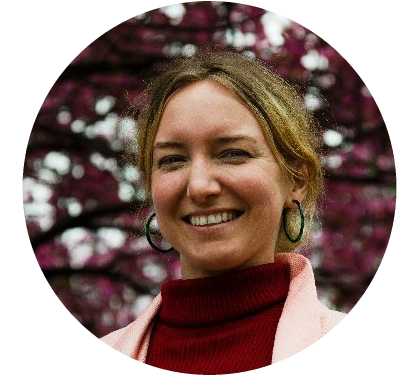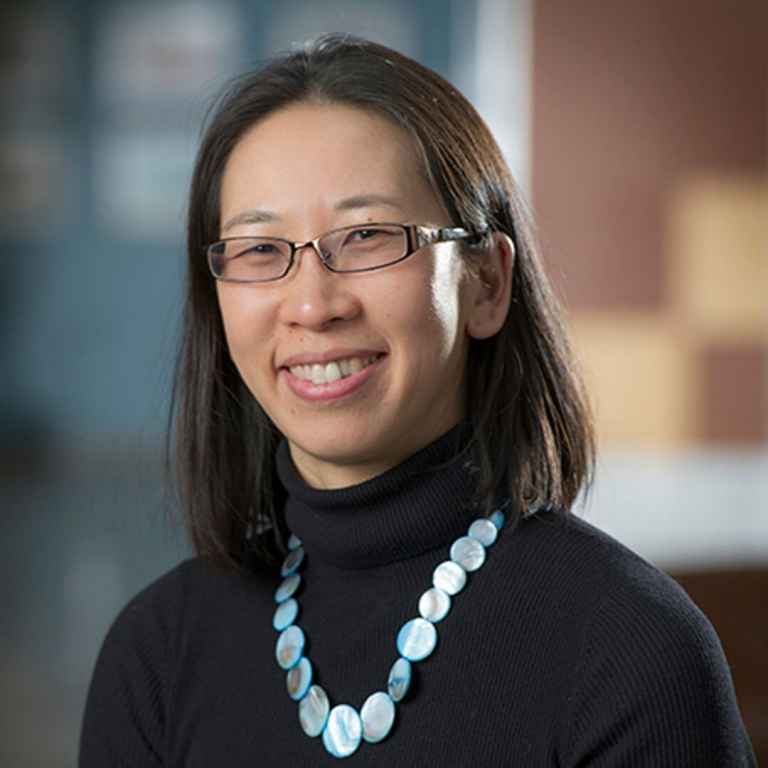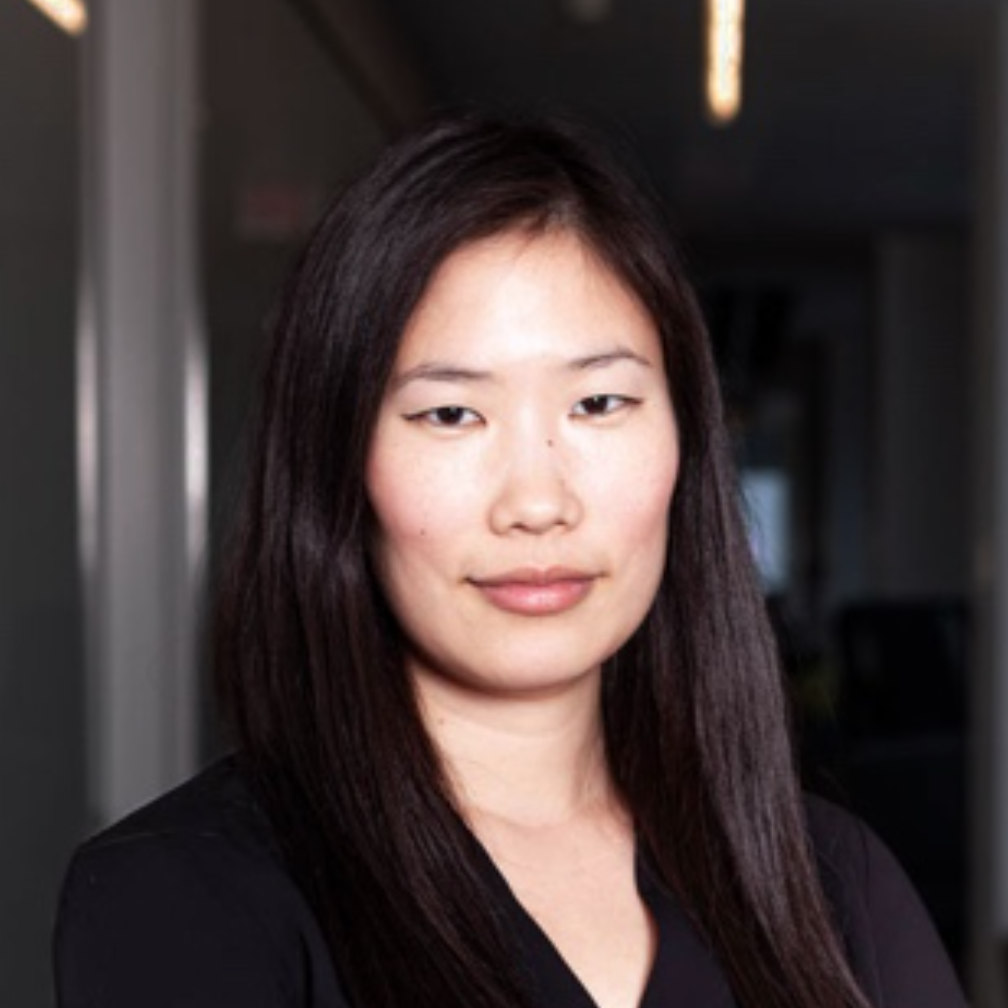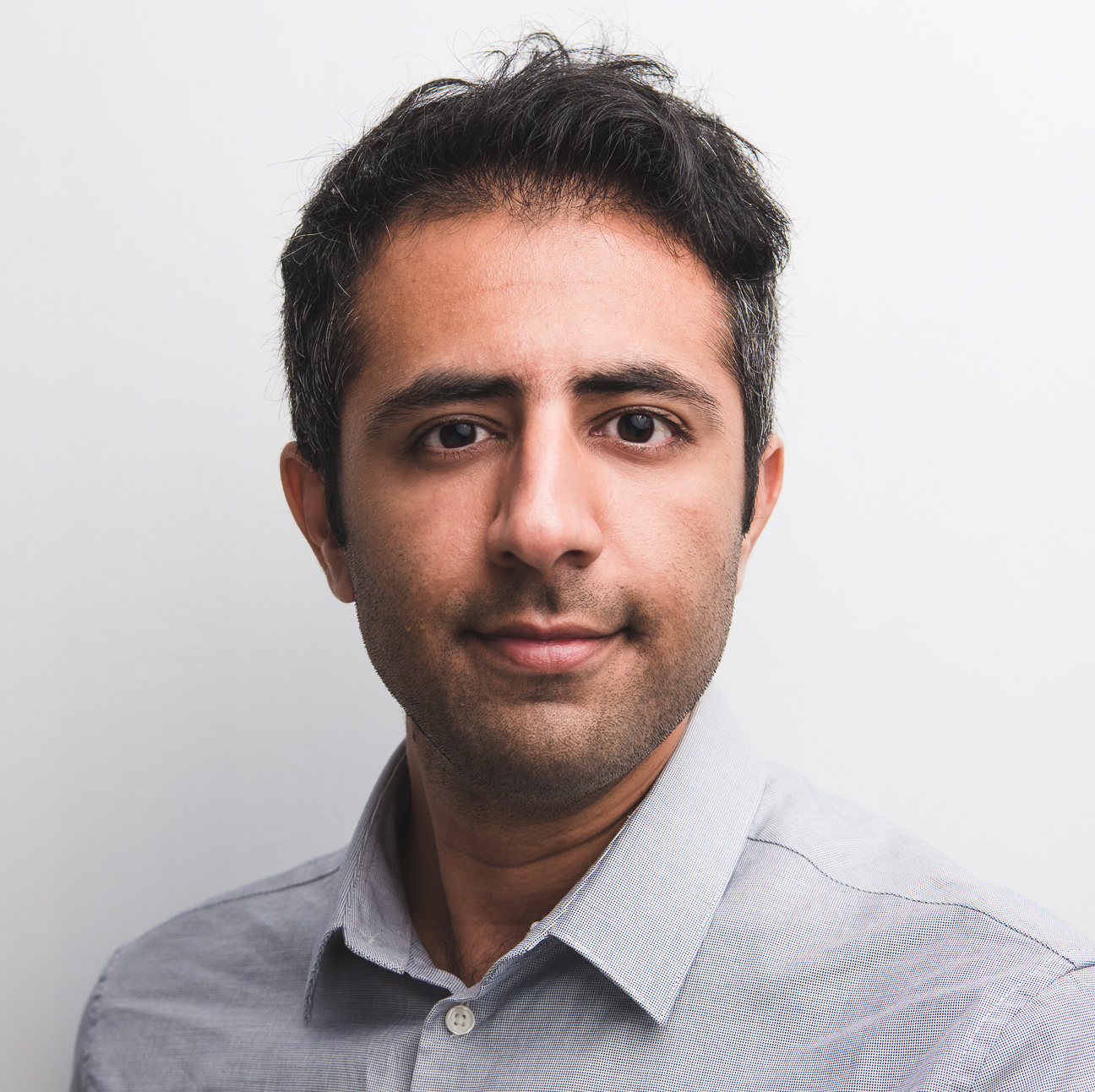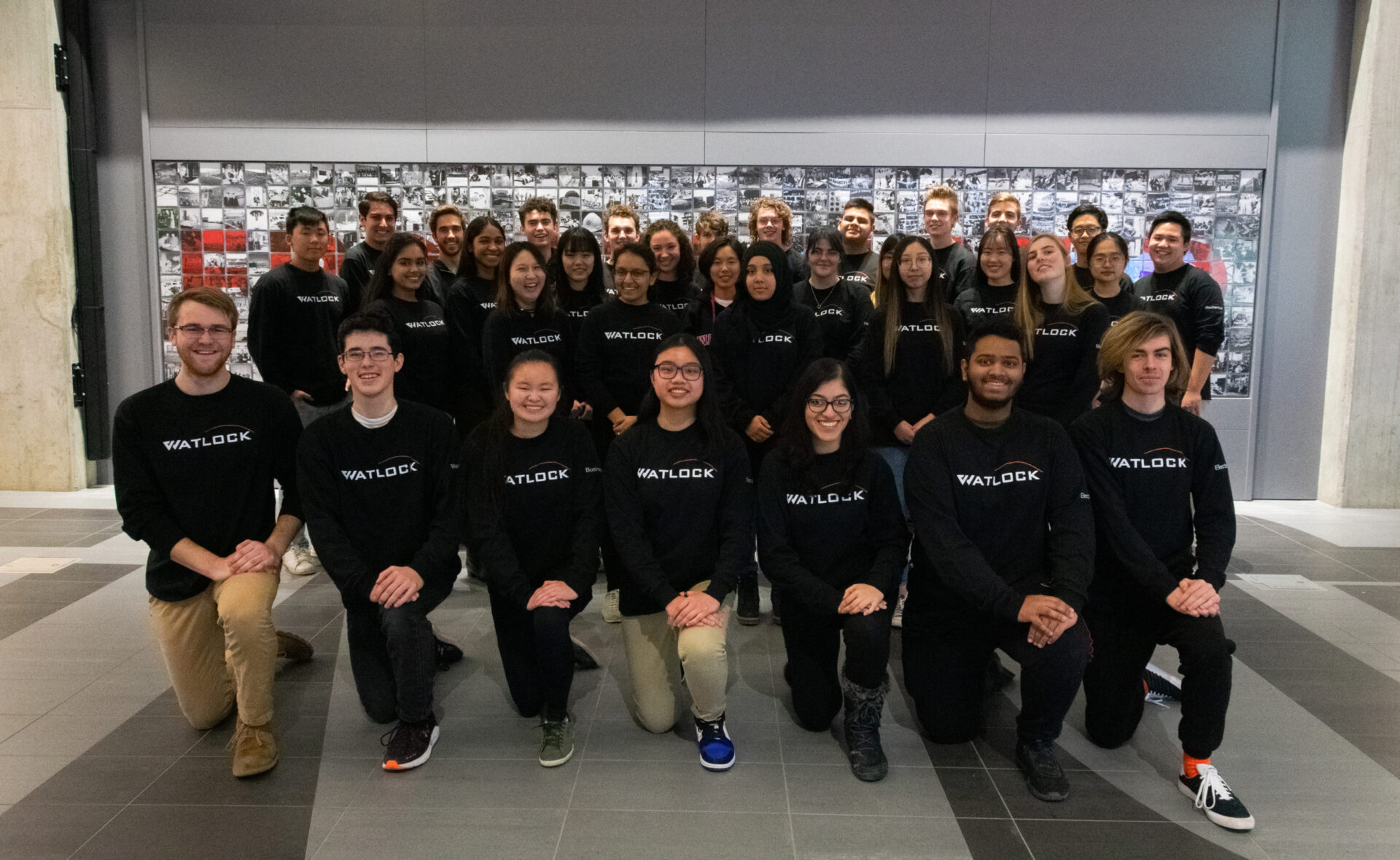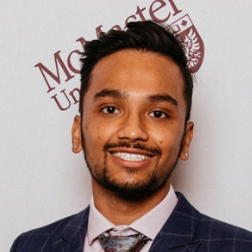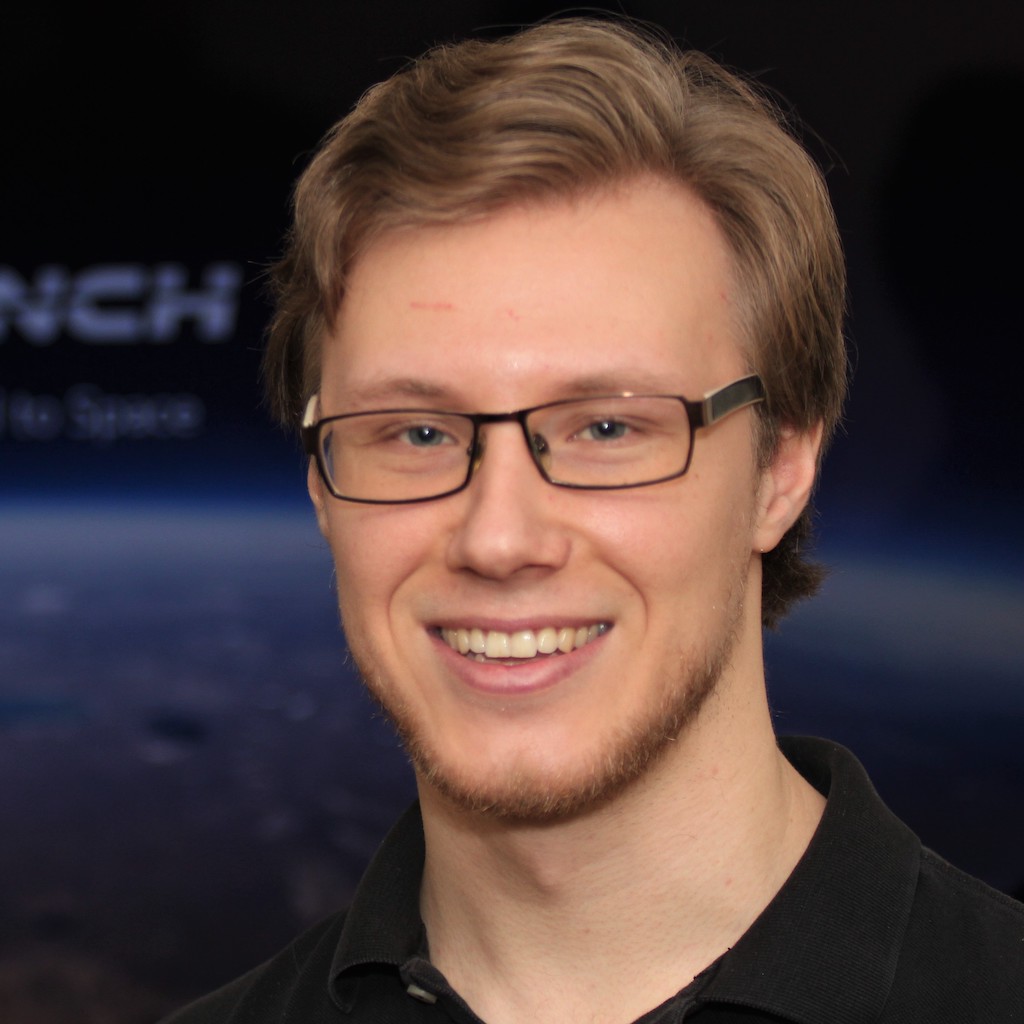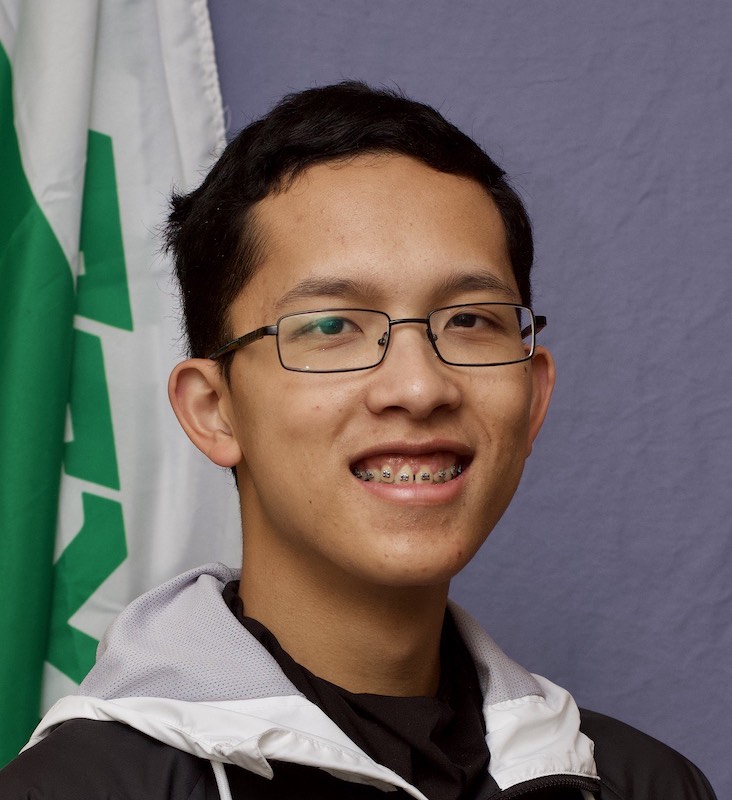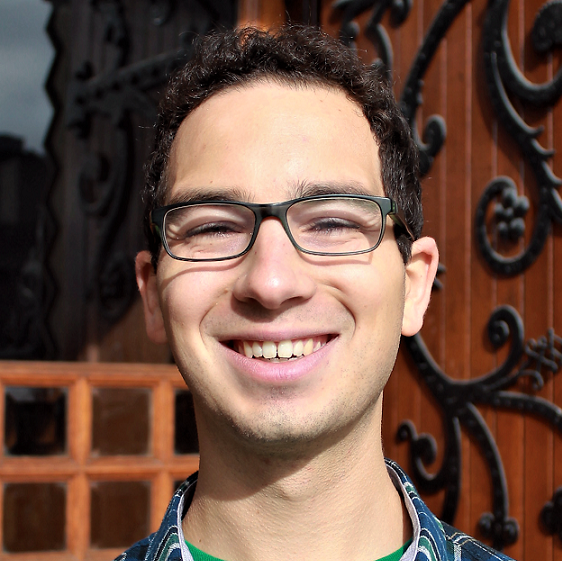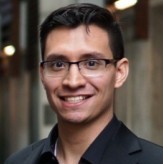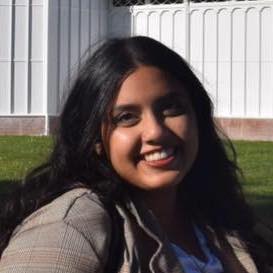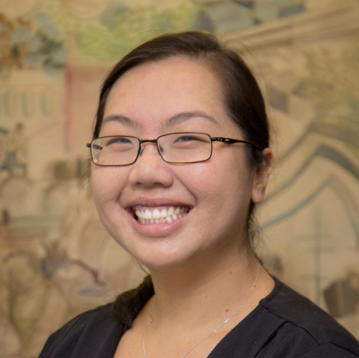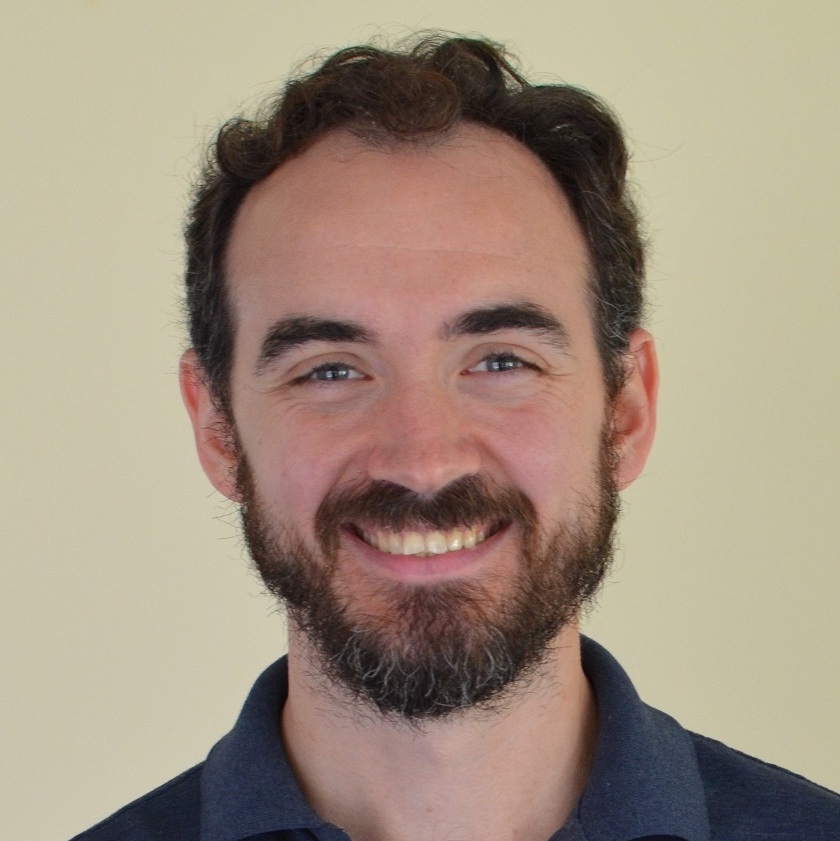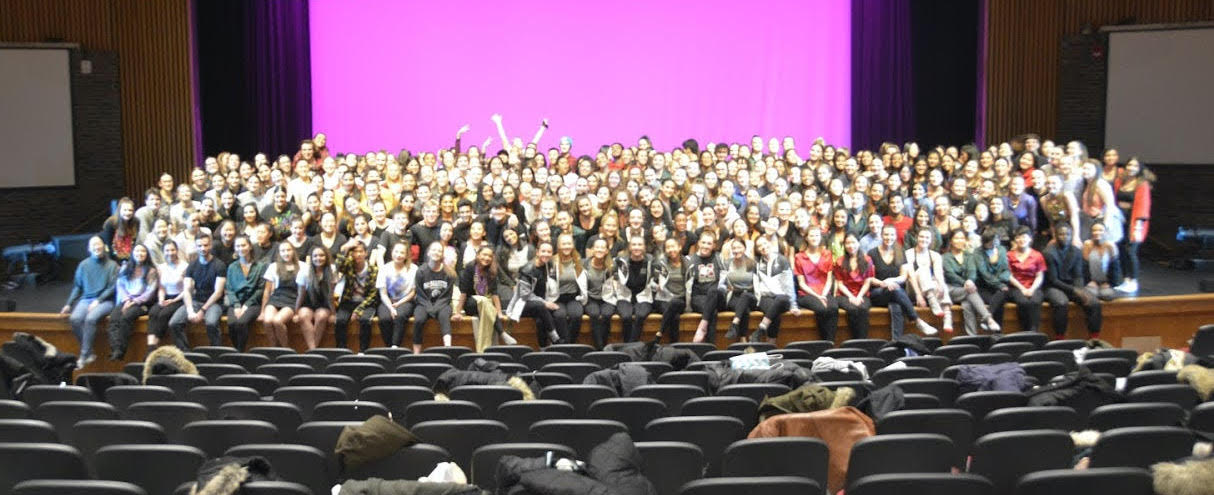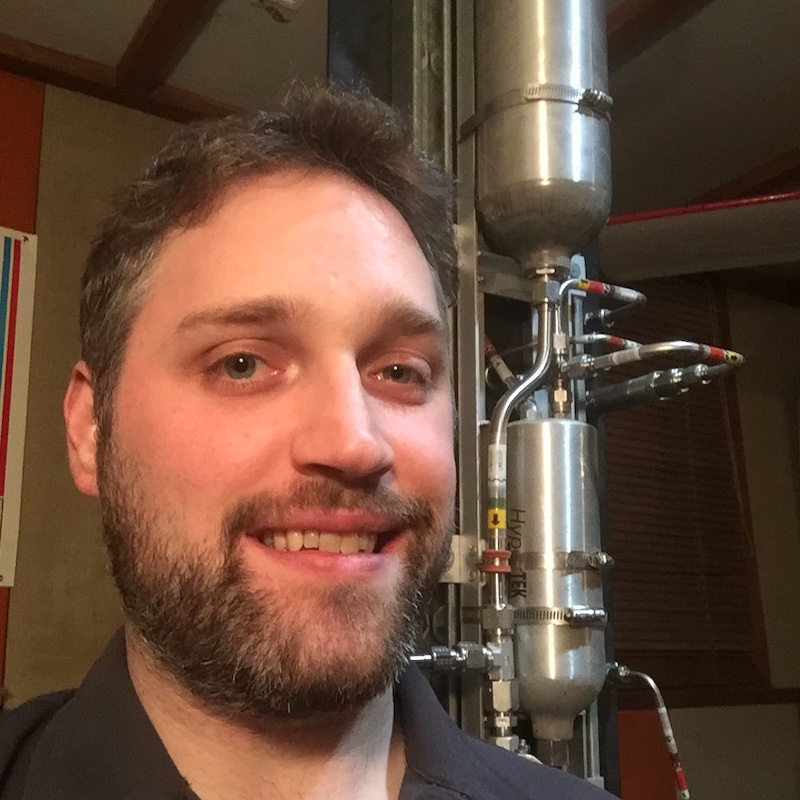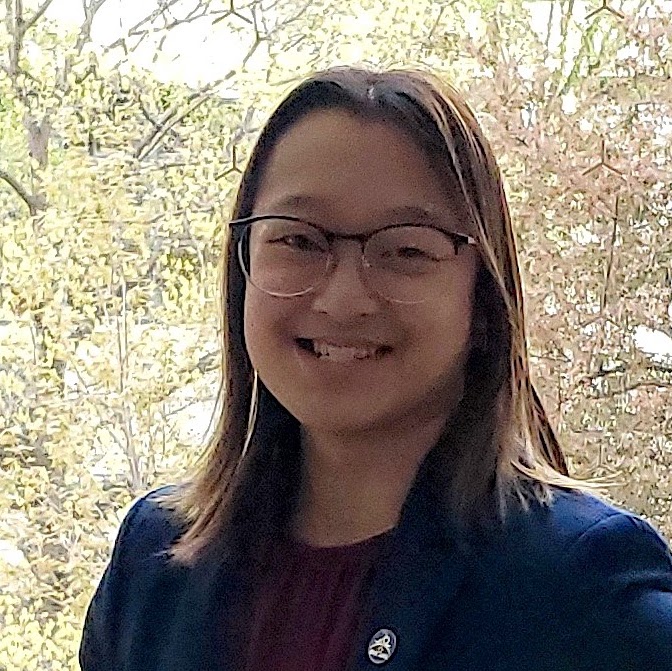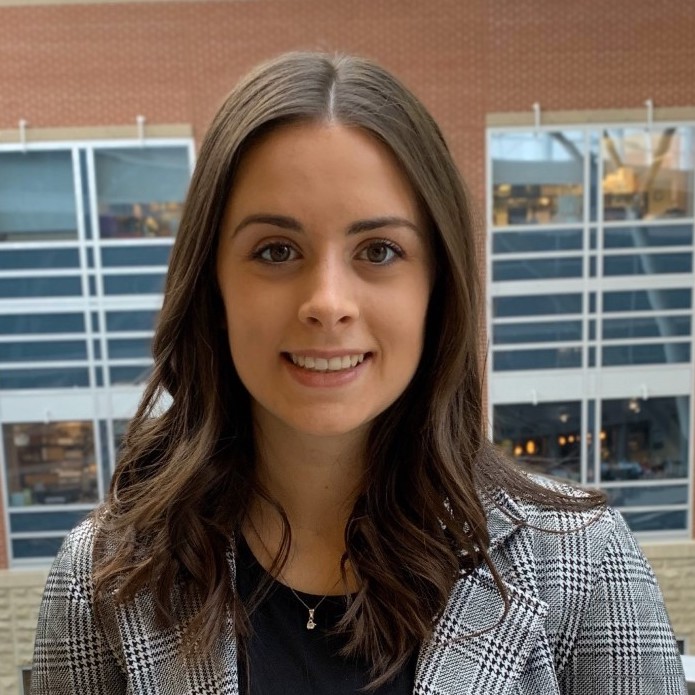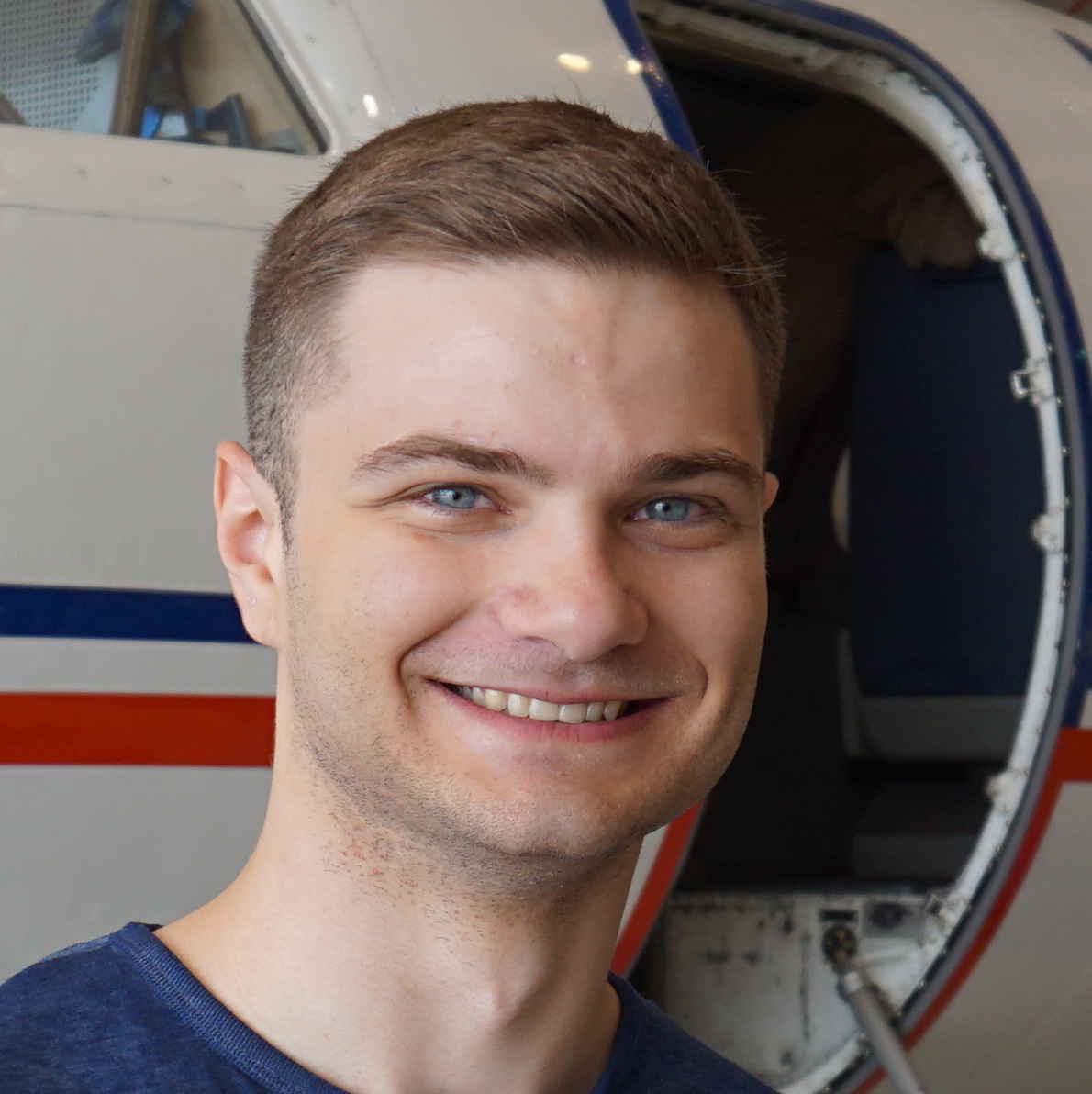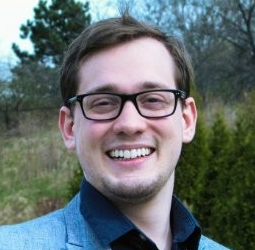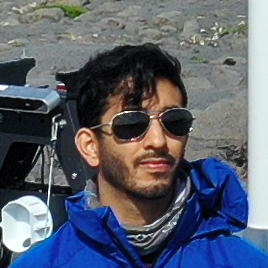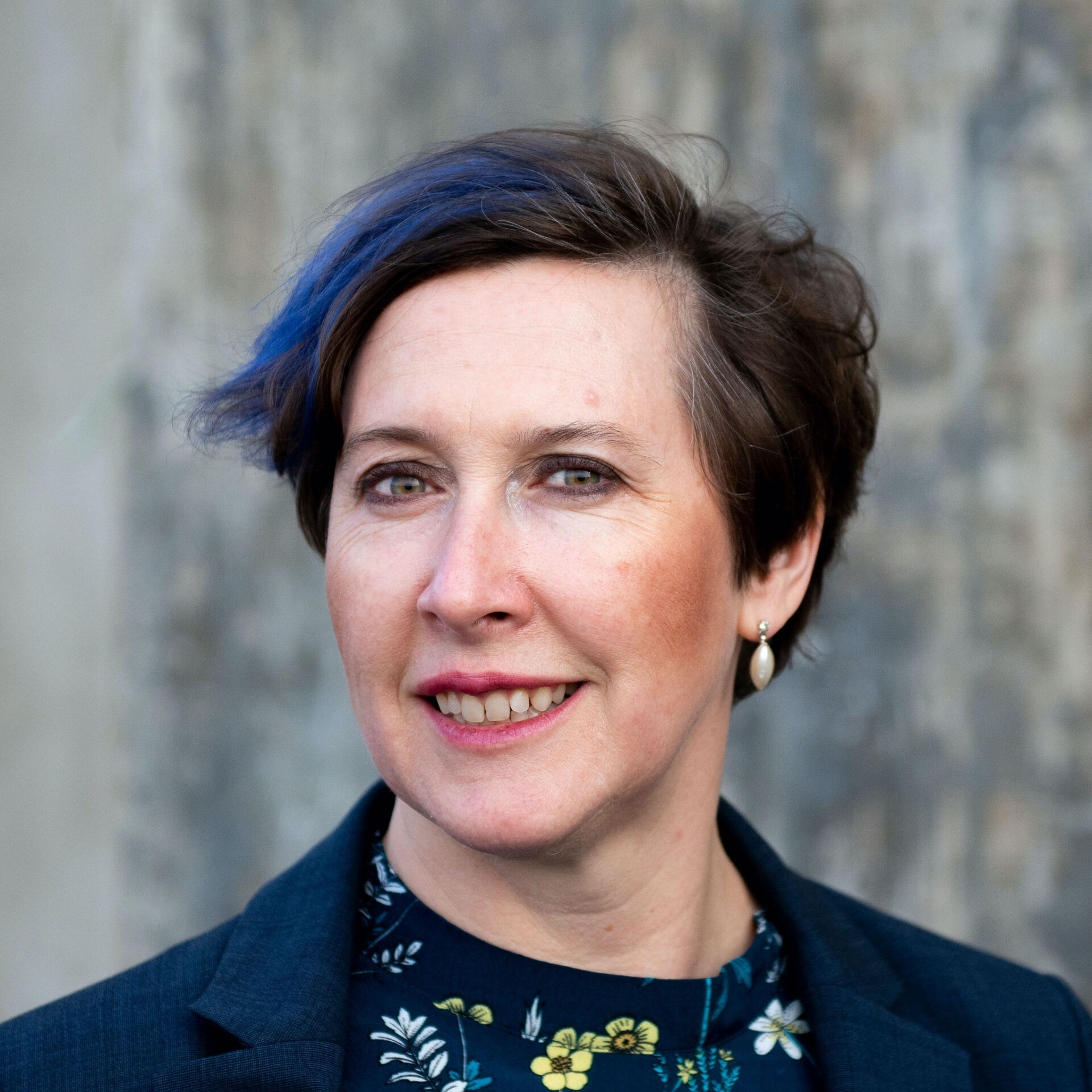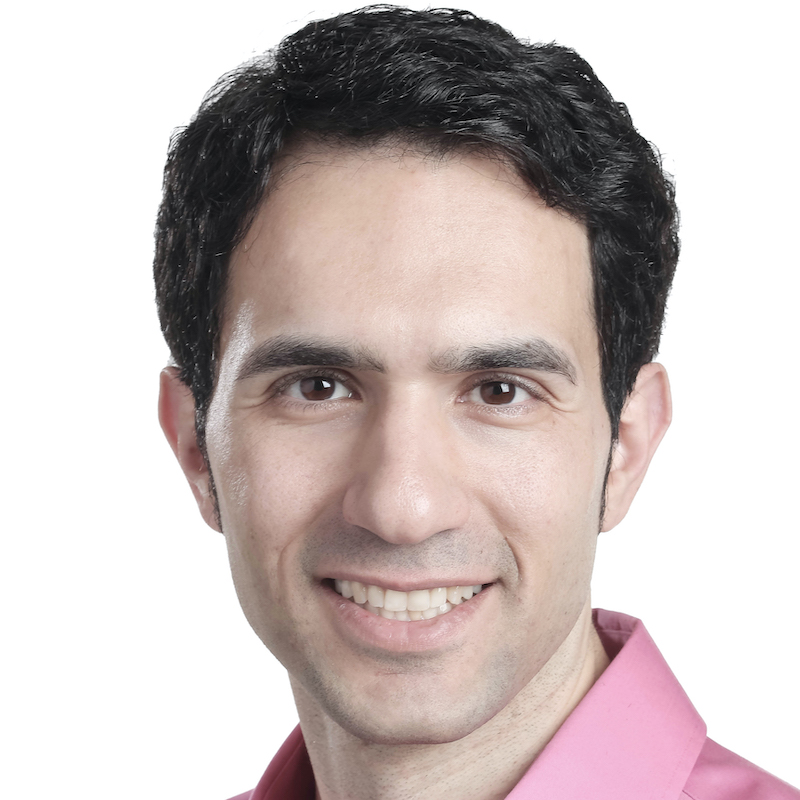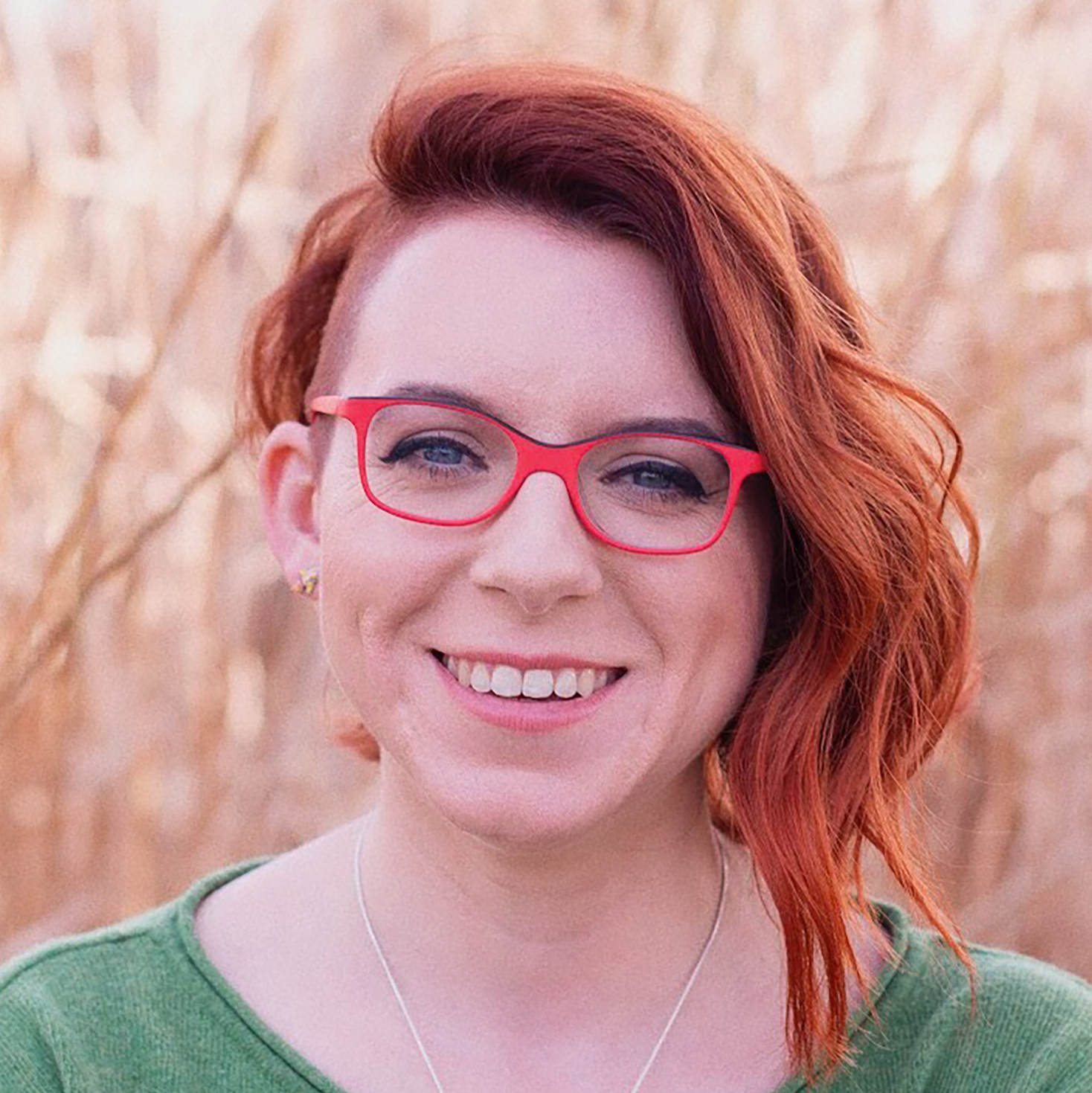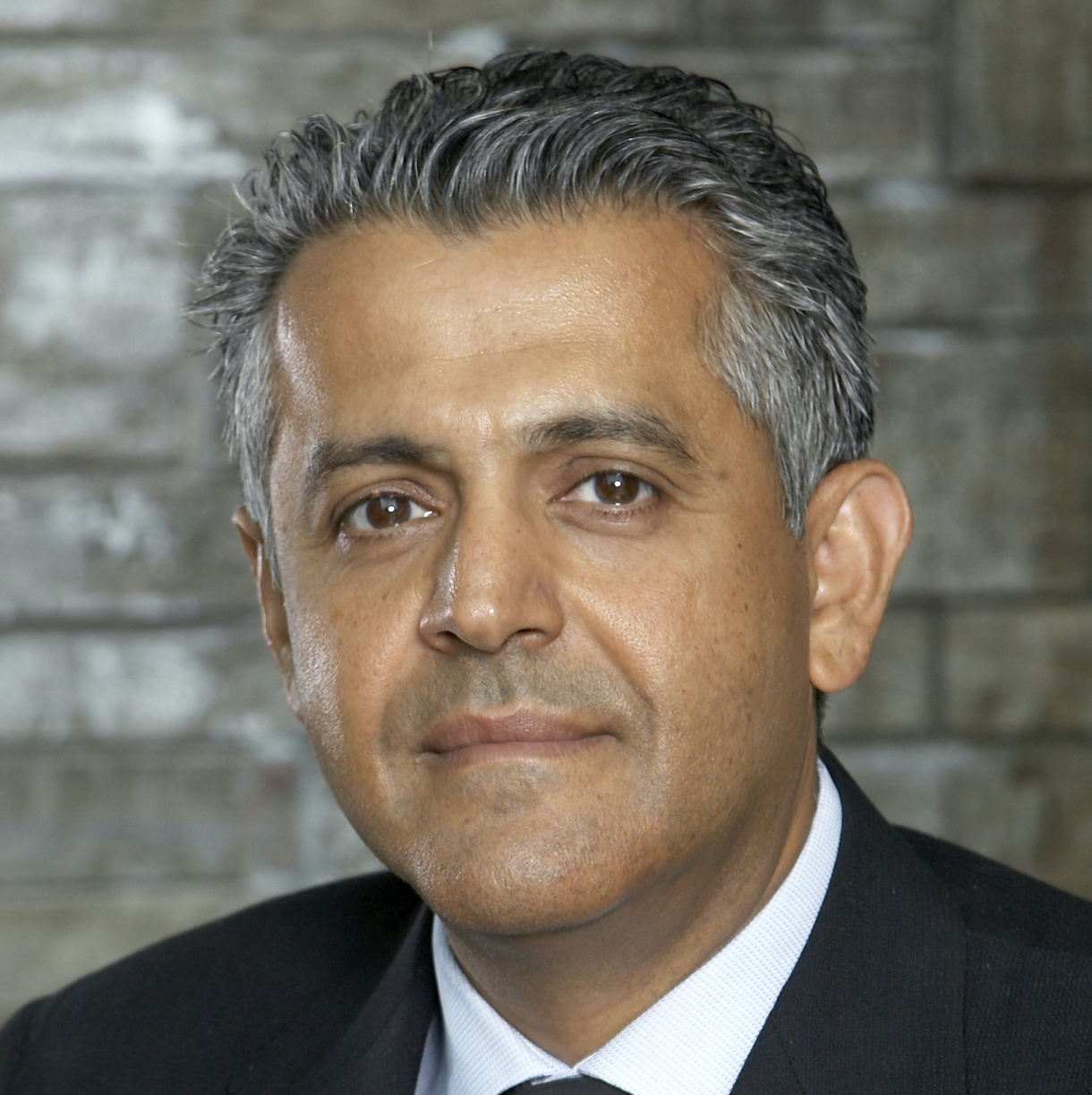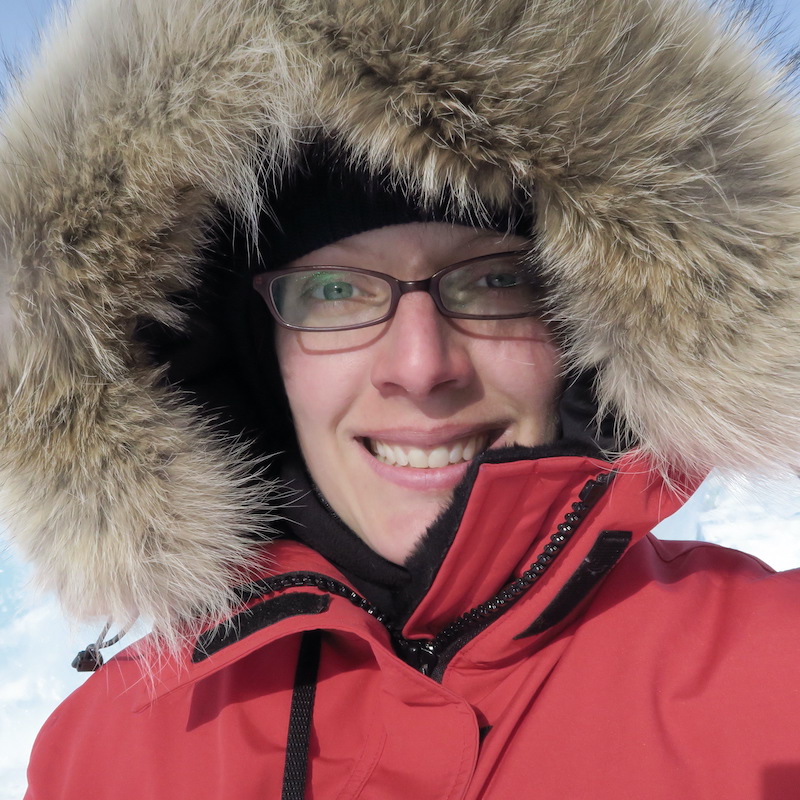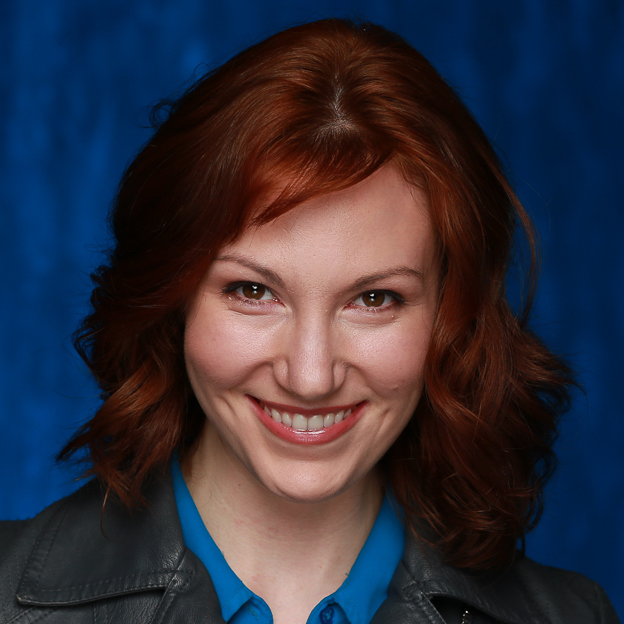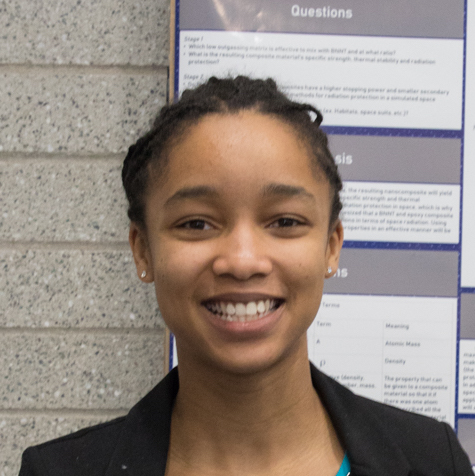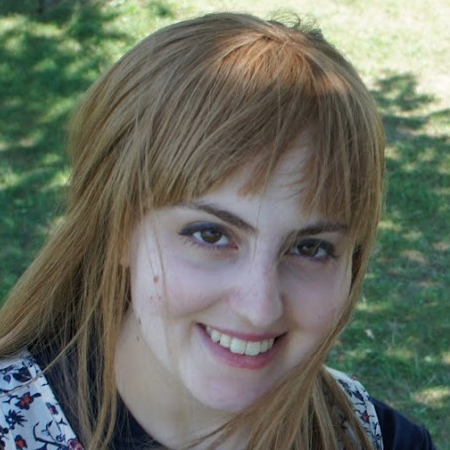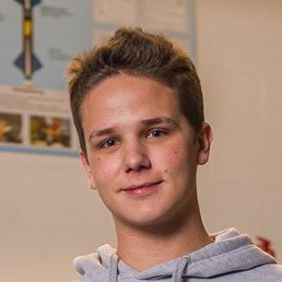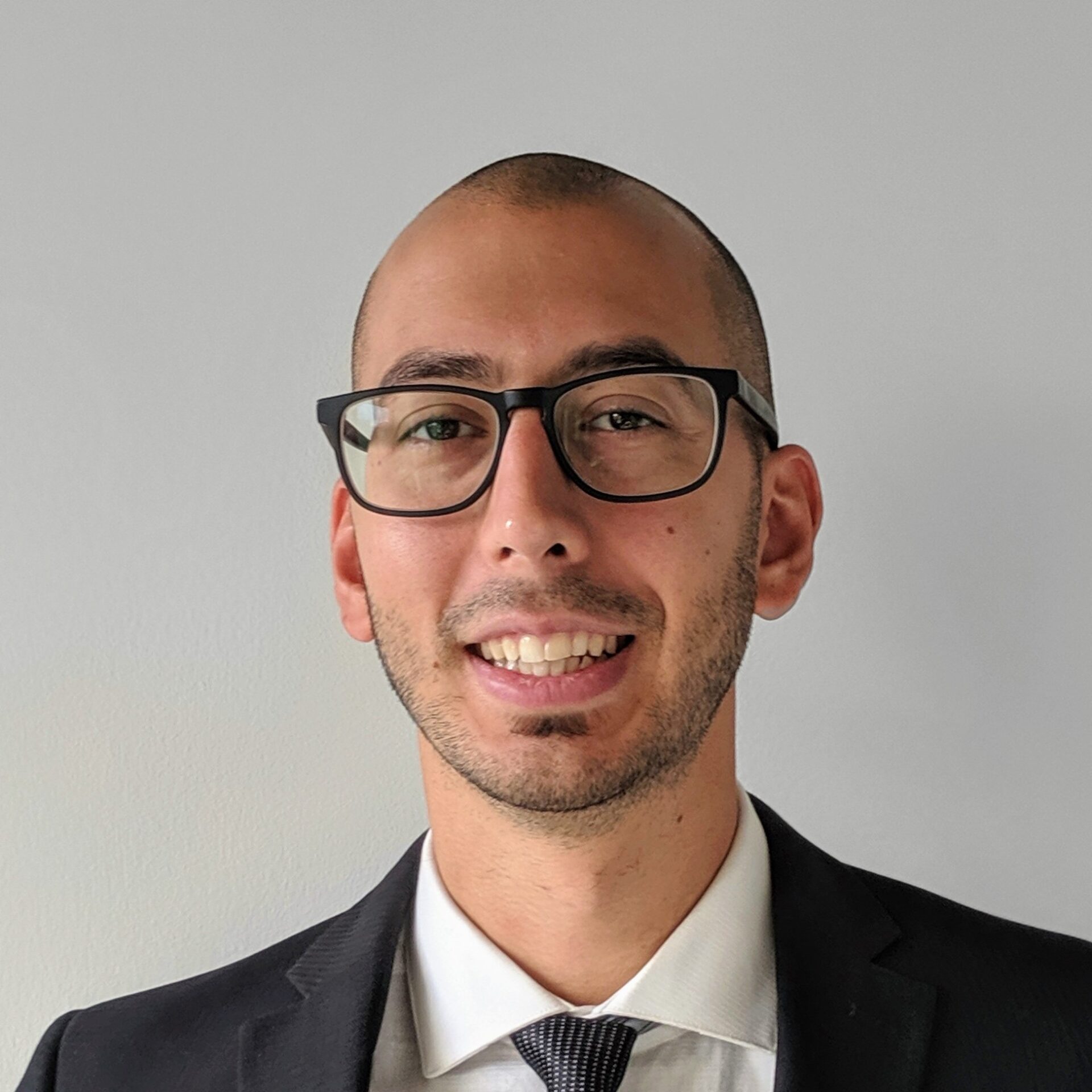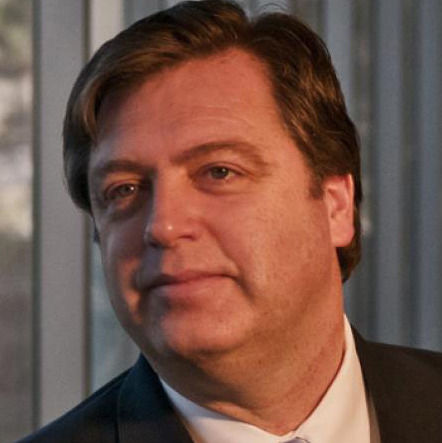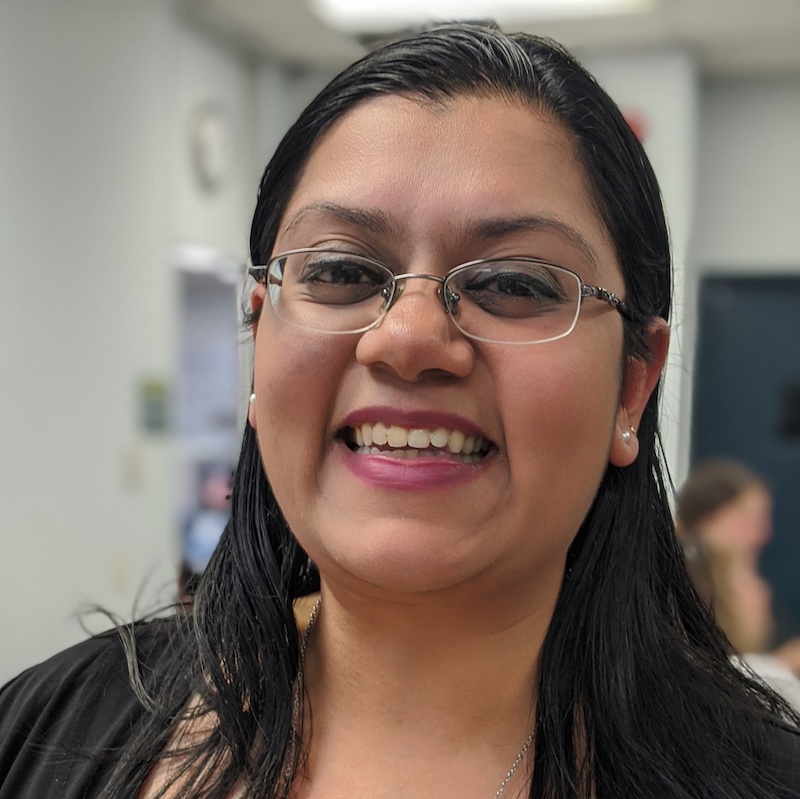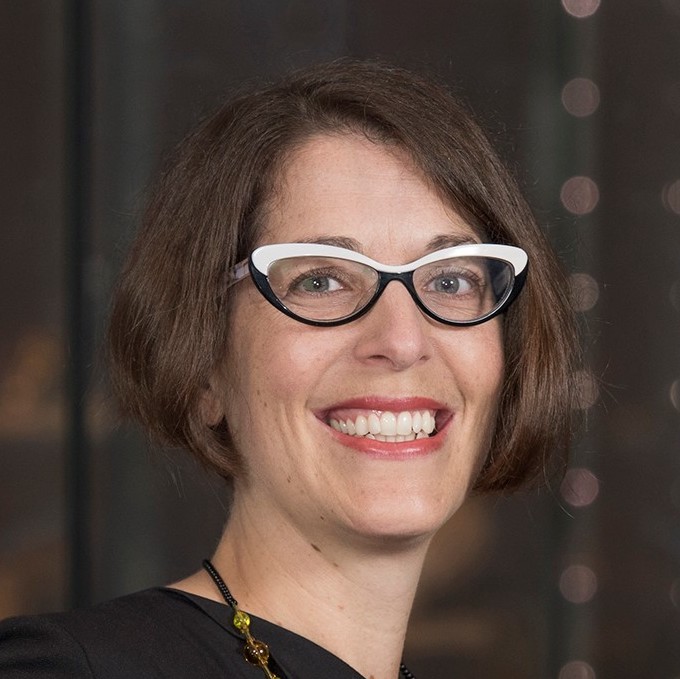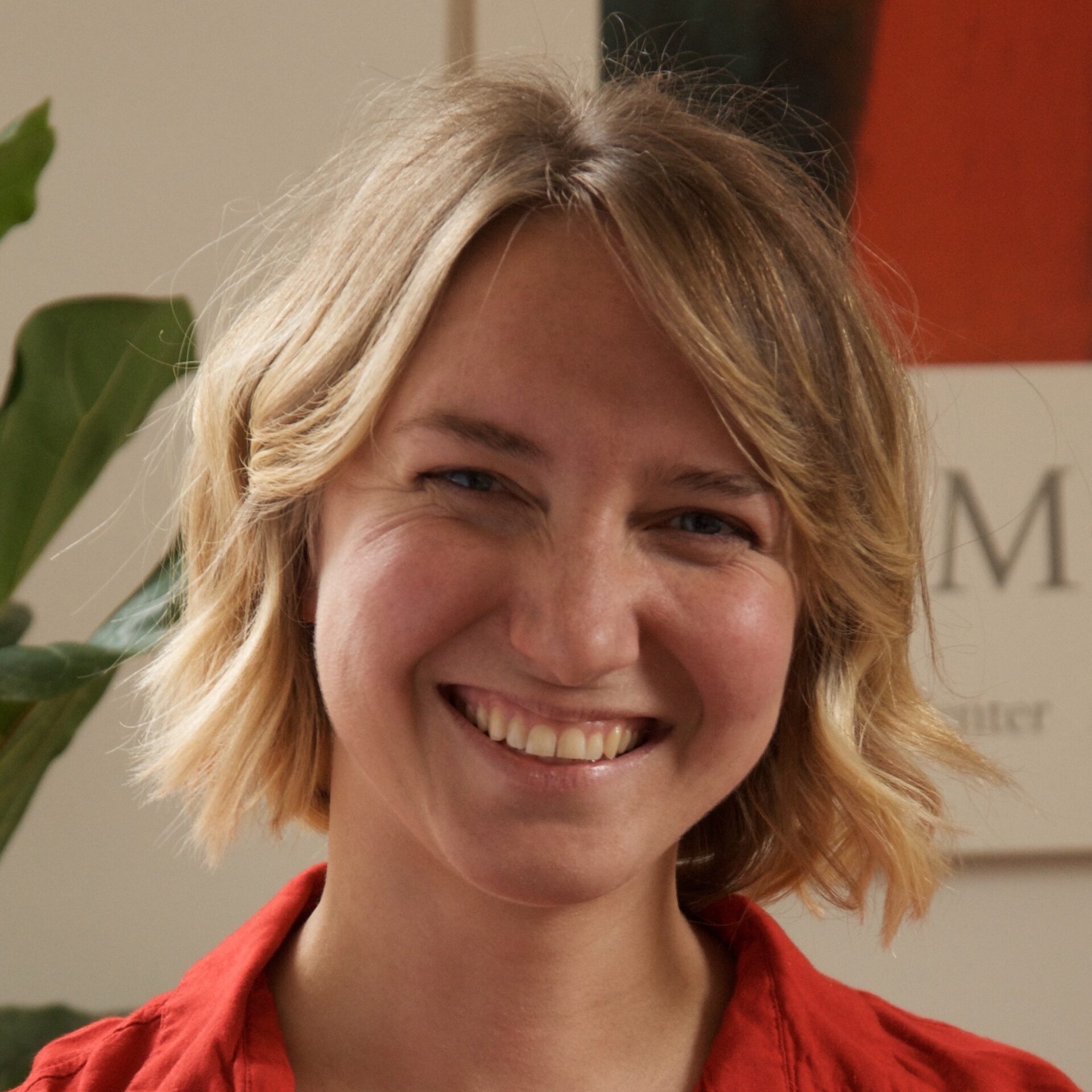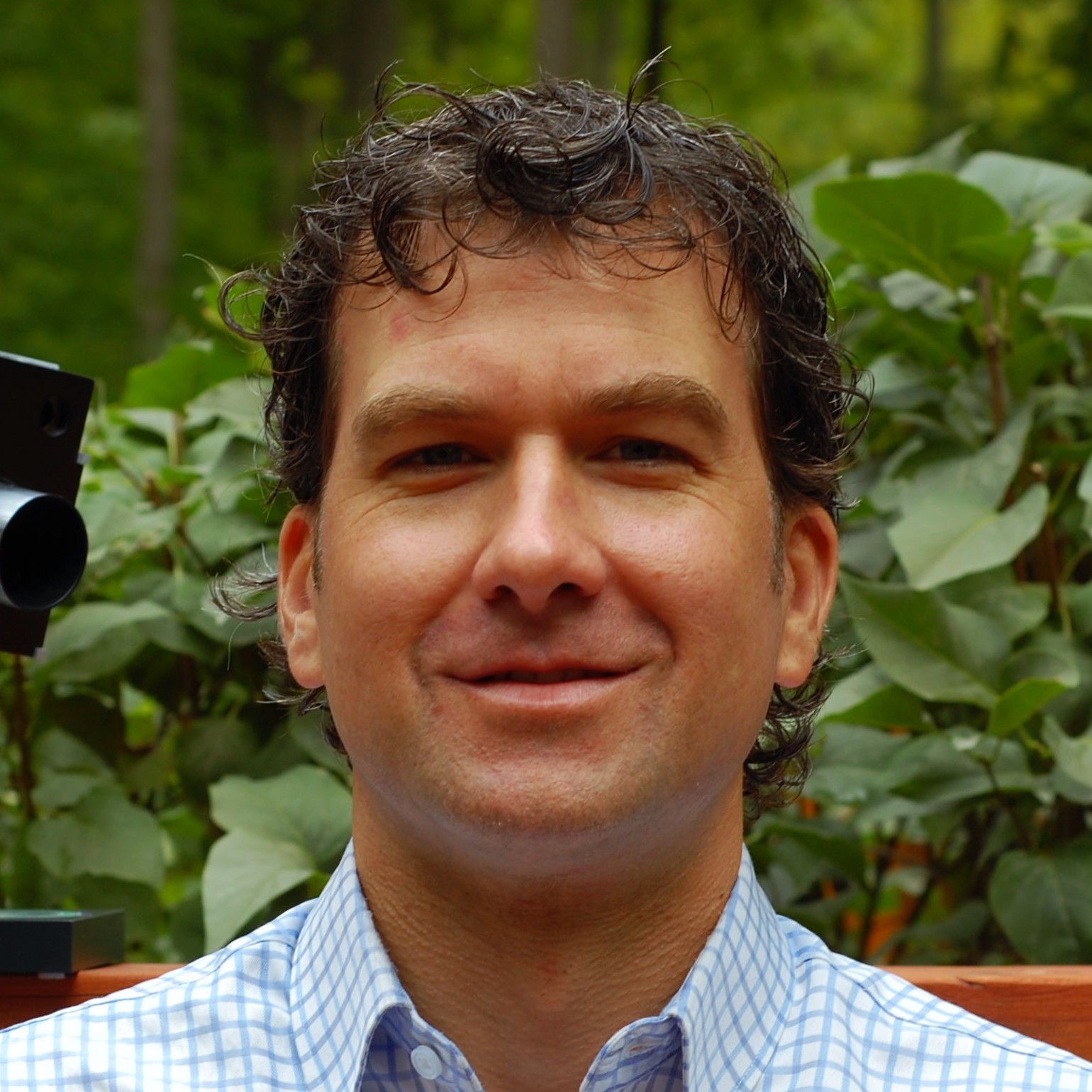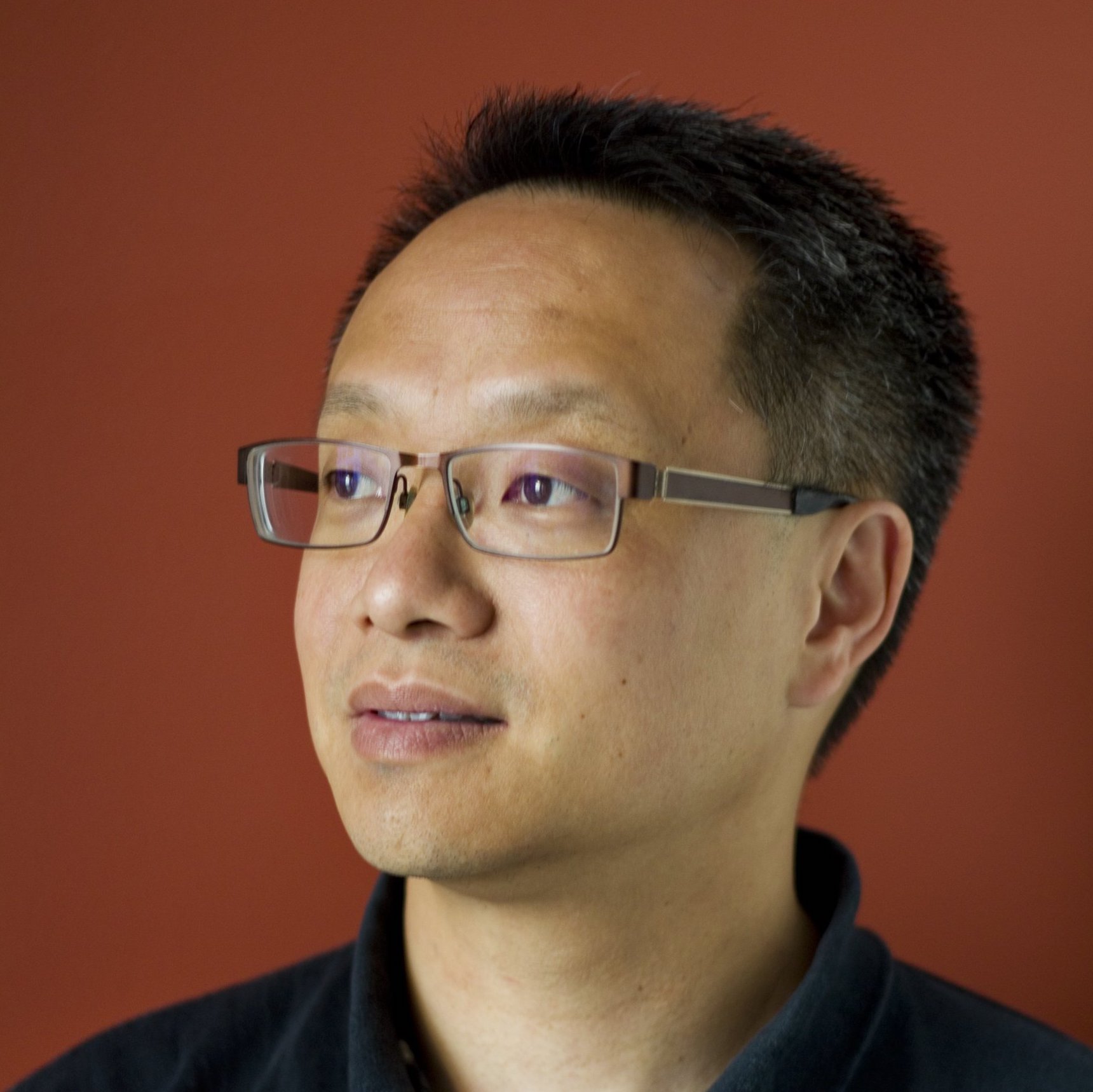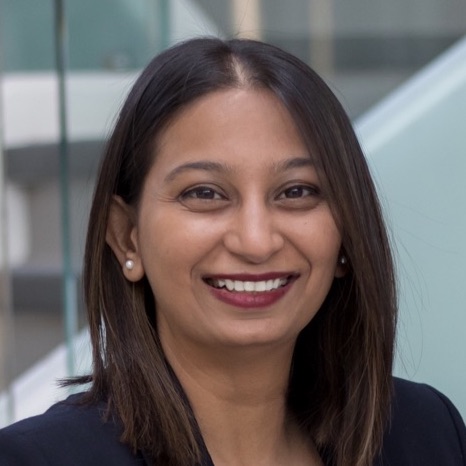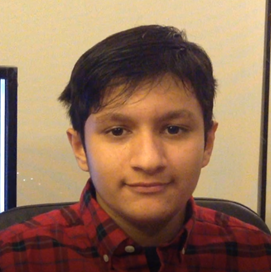Board of Advisors
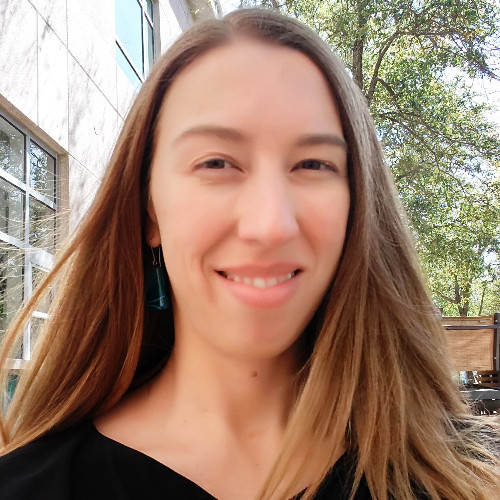
Melissa Battler, PhD
Melissa Battler is a Planetary Scientist and Science Educator with expertise in the geology of the Moon, Mars, and Mars-like extreme environments on Earth, and in Moon/Mars mission simulation operations. She is most passionate about advancing human and robotic space exploration of the Moon, Mars, and beyond, and training and inspiring the next generation of explorers. Throughout her career and studies she has honed my skills in program development, project management, and education and outreach. During Melissa’s PhD studies at Western University, she studied the mineralogy of Arctic cold spring deposits and the detection of similar features on Mars. Previously during her MSc studies at the University of New Brunswick, she also developed a lunar regolith simulant (Moon dirt) for testing lunar robotics, which is still in demand today.
Melissa was part of the Space Studies Program (SSP13) at the International Space University and NASA Ames Astrobiology Academy (2004), and was a Canadian Space Agency Student Ambassador for 10 years. Some of her favourite work/research experiences include leading a four-month Mars mission simulation in the Canadian High Arctic; leading eight teams at the Mars Desert Research Station in Utah; and leading/serving on the mission control team for 10+ Moon or Mars analogue missions with space agencies, academia, and industry around the world.
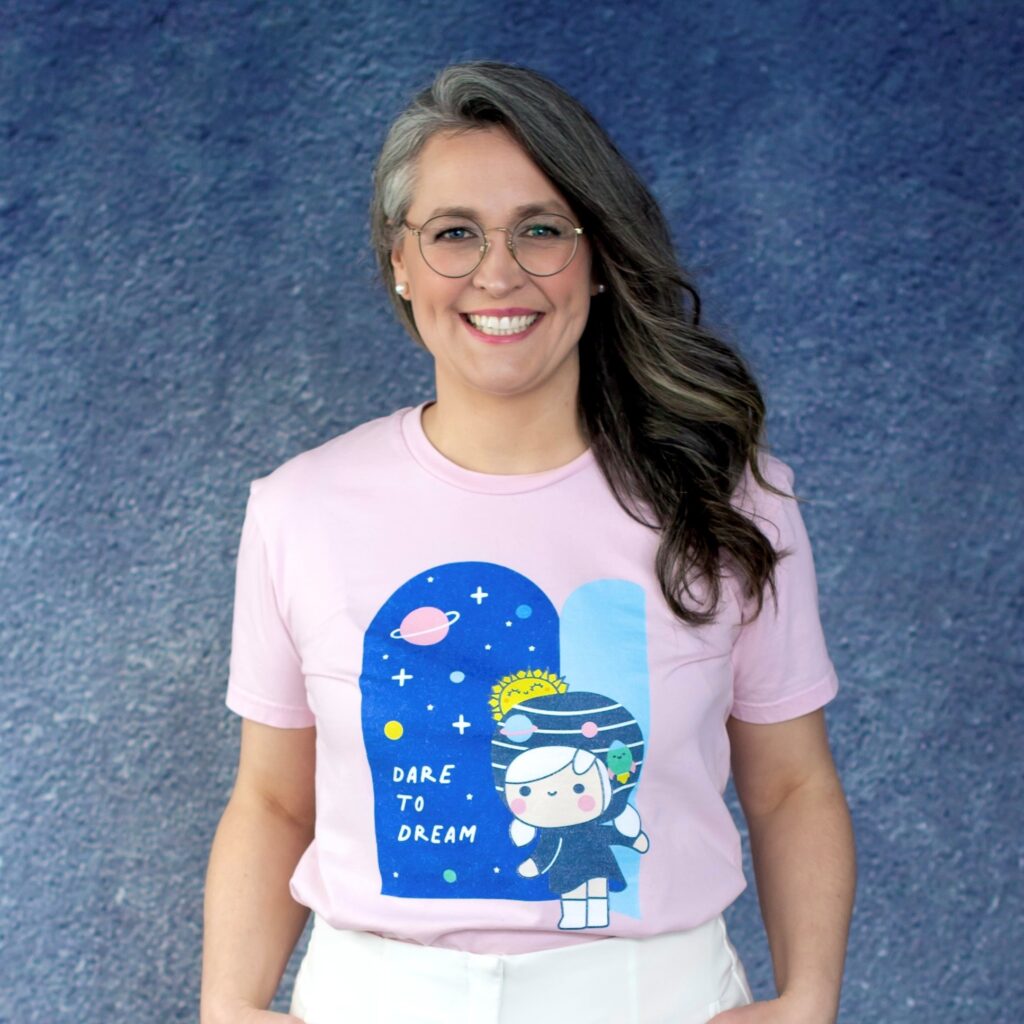
Julie Claveau
Julie Claveau graduated with a degree in Physics and Astronomy. She is Program Scientist in Space Astronomy at the Canadian Space Agency (CSA) for Canadian contributions to missions like the James Webb Space Telescope and AstroSat. She is also CSA’s Co-Chair of the Women in STEM committee. She previously worked as an Earth Observation Mission Planner for the RADARSAT-2 mission and as Project Manager for the RADARSAT-1 Open Data project which aims to open this historical archive to the public. She also worked in military operations as Naval Warfare officer for the Canadian Navy and in public administration. Her passion for space started at a young age, stargazing for hours, which then followed with a passion with the physics of space and our place in the universe.
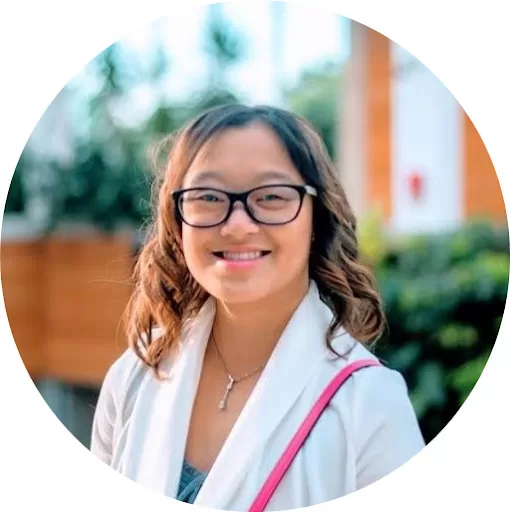
Linda Dao
Linda Dao is a Senior Commerce Advisor within Policy Industry Relations at the Canadian Space Agency (CSA) where she helps position Canada’s space industry for growth and success. Since graduating from McMaster in Honours Biochemistry and obtaining a Masters in Space Science from the International Space University, Linda has created her own path towards a multidisciplinary career in the space sector. Her diversified experiences in the public and private space sectors over the last five years have contributed to a redefined vision for deep space healthcare, improved space project management efficiencies, and recommendations for space interoperability for global health. In 2014, Linda co-founded the two-time award-winning McMaster Observatory Outreach at Night (MOON) Club as a means to increase the awareness and interest for space among students from all disciplines. Since then, Linda remains active in nationwide STEM outreach activities that empower students and young professionals with space-related opportunities, while embracing their diversity of disciplines and cultures.
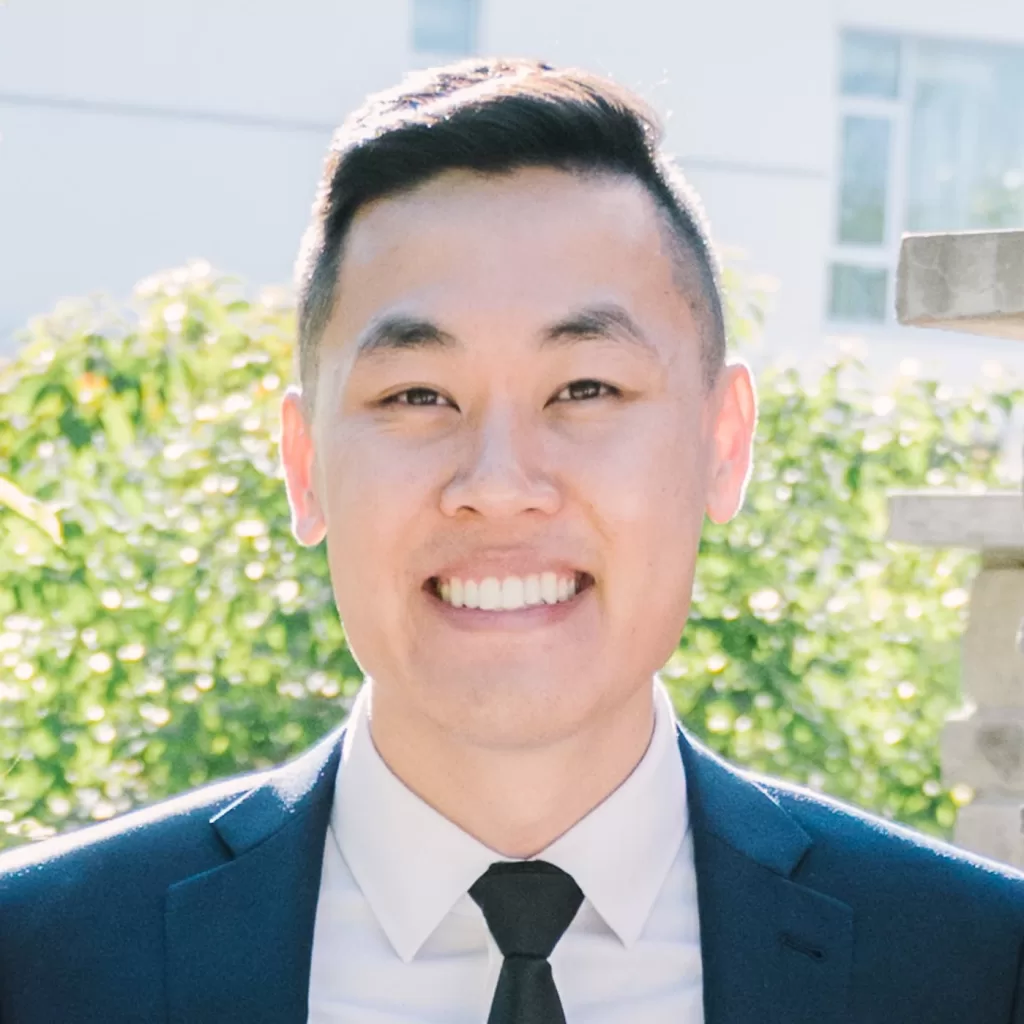
Bryan Ho

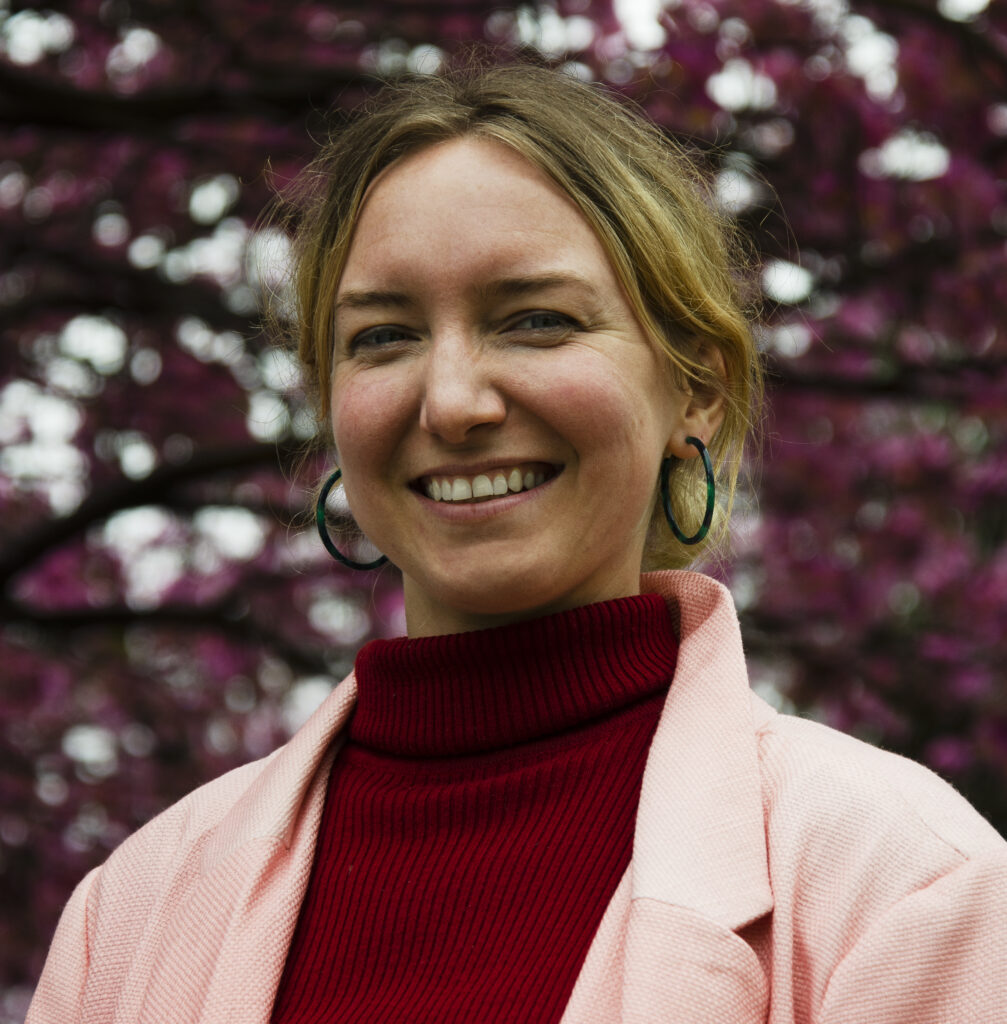
Kate Howells
Kate Howells is a space science communicator and nonprofit management expert whose goal is to inspire curiosity, empower learners, and challenge stereotypes around STEM.Kate is a public education specialist with The Planetary Society, the world’s largest independent space interest group. Her work aims to teach the public about space science and channel public interest into political support for space programs. She lives in Guelph, ON where she volunteers with the nonprofit Royal City Science to develop local STEM programming and build toward establishing a science centre. Kate also served on the Government of Canada’s Space Advisory Board and is a trusted media source for expertise and analysis of Canadian space policy.Kate is the author of Space Is Cool As F*** and enjoys channeling her interest in science into creative endeavours.
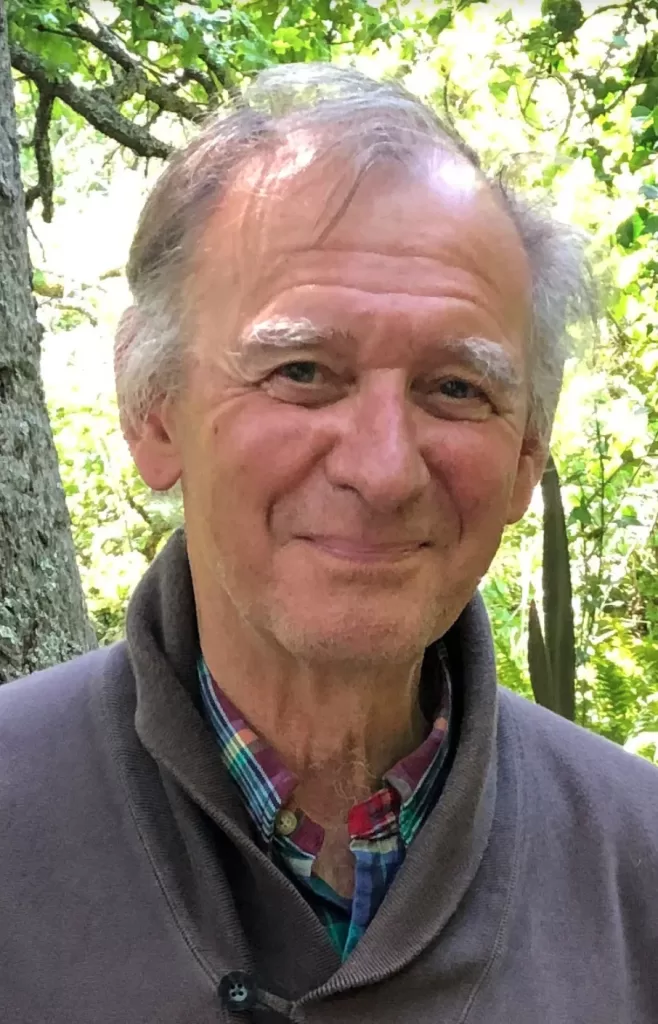
David J.W. Kendall, PhD
David Kendall is a co-founder and Fellow of the Outer Space Institute based in Vancouver, BC. He is the past Chair of the United Nations Committee on the Peaceful Uses of Outer Space (2016-2017) and held senior positions with the Canadian Space Agency including as the Director General of Space Science and Space Science and Technology. He is also an emeritus faculty member of the International Space University. He holds an undergraduate degree in physics from the University of Swansea, UK, and masters and doctoral degrees from the University of Calgary in atmospheric physics. In 2002, Dr. Kendall was awarded the Queen Elizabeth II Golden Jubilee Medal in recognition of his contributions and achievement to Canada. With his wife, Toni, and dog, Figgy Duff, he shares his time between Victoria, BC and Knowlton, QC.
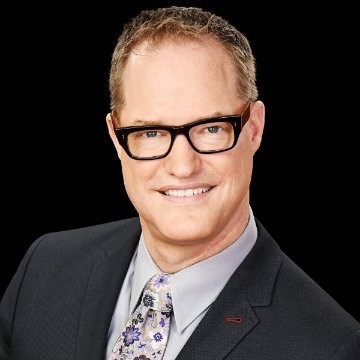
Christopher Kitzan
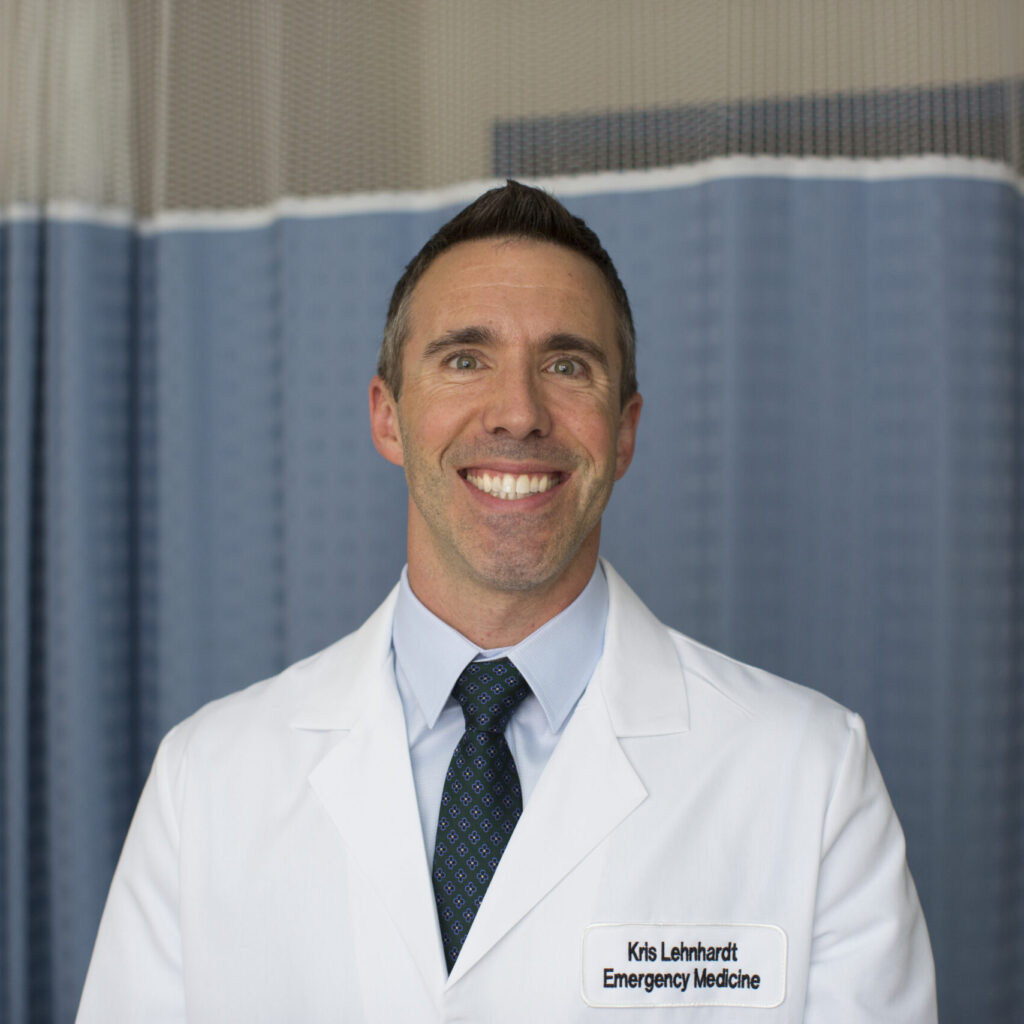
Kris Lehnhardt, MD
Dr. Kris Lehnhardt is the Element Scientist for Exploration Medical Capability at the NASA Johnson Space Center. He is also Senior Faculty with the Baylor College of Medicine in the Center for Space Medicine and Department of Emergency Medicine. He is board-certified in Emergency Medicine in both Canada and the U.S.A and he works clinically in the Emergency Department at the Ben Taub Hospital in Houston. Kris completed his medical school training and Emergency Medicine residency at Western University in London, Ontario, Canada. Dr. Lehnhardt is also a reservist in the Royal Canadian Air Force, a private pilot, and a PADI advanced open water SCUBA diver.
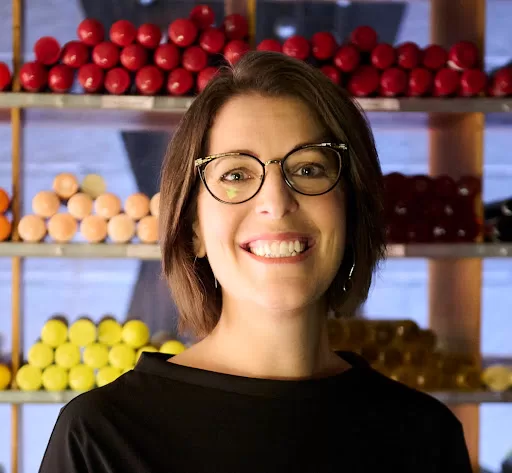
Marianne Mader, PhD
Dr. Marianne Mader has 15+ years of not-for-profit managing teams and collaborating at the intersection of academic, industrial, governmental, and community stakeholders. Her science engagement work is informed by her background as a space scientist, Managing Director at Canada’s largest museum, co-founder of Canada’s first youth makerspace, and now CEO of the largest network of science engagement organizations in Canada. A frequent public speaker, she’s been featured on CBC’s Quirks and Quarks, Astronaut Chris Hadfield’s Generator show, and has given 30+ talks at international conferences and public events. She’s a Fellow of the Royal Canadian Geographical Society, an alumnus of the Governor General’s Canadian Leadership program, and has received numerous awards for her planetary science research, including an Antarctica Service Medal of the United States of America.
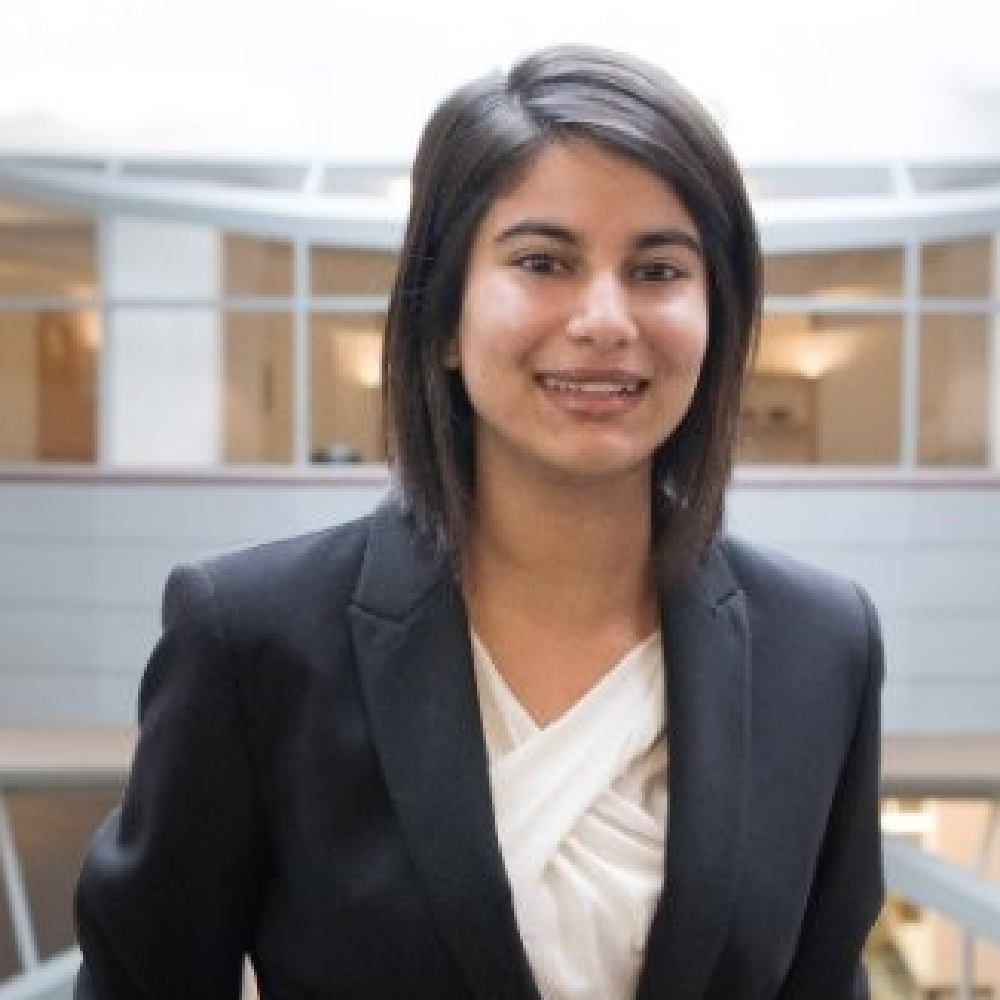
Mariam Naseem
Mariam Naseem is a Polar & Planetary Science Researcher and Ph.D. student at the University of Maryland, College Park where she investigates geological processes on icy ocean worlds through terrestrial analogs. Prior to commencing her Ph.D., Mariam worked with the Industry Relations team at the Canadian Space Agency to support Canadian space companies with business development engagements. Mariam has also served as a Research Fellow at the Open Lunar Foundation contributing to an open communication architecture for the Moon, and as a policy researcher at Arizona State University’s Space Governance Lab, analyzing technologies and policies with a focus on emerging space nations.
Mariam brings a global and multi-disciplinary background to the space sector, with an MBA from the University of Toronto and a BSc in Electrical Engineering from UT Austin. She has worked as a technology strategist in the Enterprise Innovation team at one of the largest banks in Canada, as a field engineer on an oil rig in Russia, a manufacturing engineer in a product development center in Texas and as a business development manager for a Toronto-based quantum computing startup.
Outside work, Mariam volunteers as lead coordinator for the International Astronautical Federation’s Next Generation Plenary Steering Committee, as a SEDS-Canada Advisory Board member and on the Space Generation Advisory Council’s Mentoring & Gender Equality and Diversity Committees. She is also an alumna of the International Space University’s Space Studies Program.
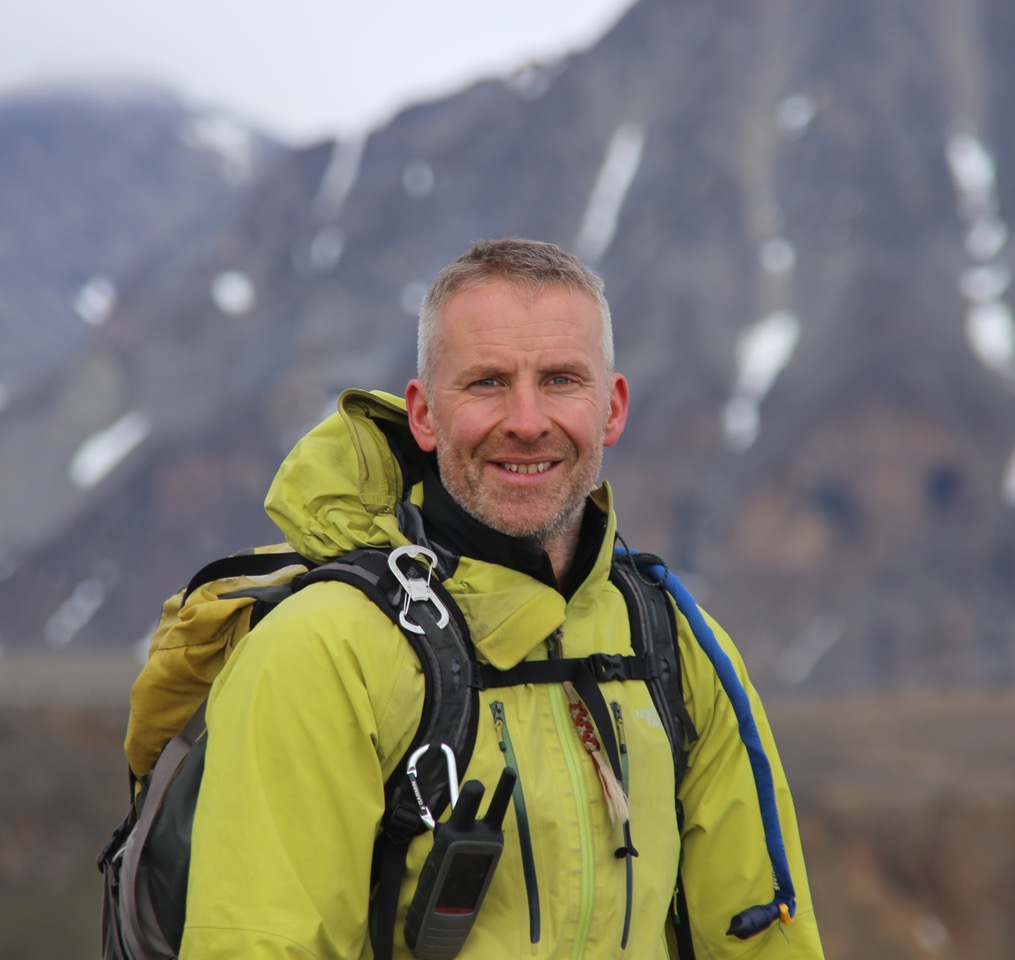
Gordon "Oz" Osinski, PhD
Dr. Gordon “Oz” Osinski is a Professor and the NSERC/MDA/CSA/CEMI Industrial Research Chair in Earth and Space Exploration in the Department of Earth Sciences at the University of Western Ontario (Western), Canada. He holds a PhD from the University of New Brunswick (2004) and a BSc (Hons) from the University of St. Andrews (1999), Scotland, both in Geology. Dr. Osinski is also the Director of the Institute for Earth and Space Exploration at Western and the Director of the Canadian Lunar Research Network and the founder and Chair of the Planetary Sciences Division of the Geological Association of Canada. He is a member of several advisory committees, including the Space Advisory Board of the Government of Canada. Dr. Osinski’s research interests are diverse and interdisciplinary in nature and focuses on understanding the evolution of the surface of the Earth and other planetary bodies as well as the origin and evolution of life. His main focus is on understanding impact cratering as a planetary geological process, on the Earth, Moon and Mars. He has conducted fieldwork on 5 continents, including Antarctica, Australasia, and Africa, but the Canadian Arctic is where much of his work takes place. In recognition of scientific exploration of the Canadian Arctic he was elected a Fellow of the Royal Canadian Geographical Society in 2014.
Dr. Osinski has published over 175 papers in peer-reviewed journals and special papers and has given over 110 conference presentations. He has received numerous awards for this research, including the Nier Prize of the Meteoritical Society (2009), an international award for young scientists, an NSERC Discovery Accelerator Supplement (2013), the Young Scientist Medal of the Mineralogical Association of Canada (2015), and the Florence Bucke Award from Western (2015). In 2018 he was awarded the prestigious W. W. Hutchison Medal of the Geological Association of Canada and was named a Faculty Scholar at Western. Dr. Osinski is also involved in several past and ongoing exploration-related activities. Most recently, he is the PI for the Canadian Space Agency Concept Study for an “Integrated Vision System for Characterization of the Lunar surface”. He is also a Co-I on the PanCam instrument on the 2020 ExoMars mission to Mars. Dr. Osinski is also involved in providing geology training to Canadian and US astronauts. He is also passionate about outreach and science communication and leads several initiatives, including Space Matters and Impact Earth. In his spare time, Dr. Osinski enjoys rock climbing and mountaineering, mountain biking, and skiing.
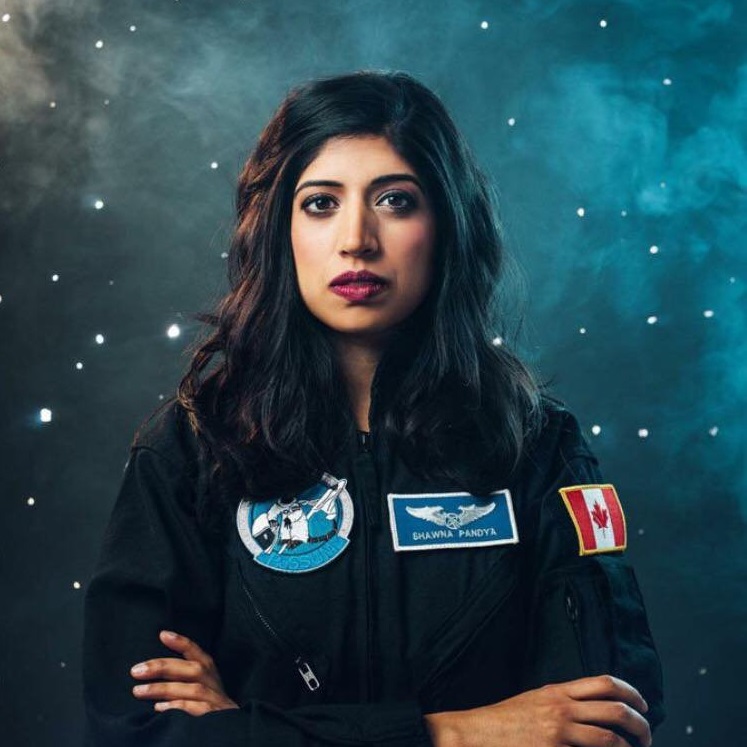
Shawna Pandya, MD
Dr. Shawna Pandya is a physician, aquanaut, scientist-astronaut candidate program graduate with the International Institute for Astronautical Sciences (IIAS), skydiver, pilot-in-training, VP Immersive Medicine with Luxsonic Technologies, Director of Medical Research at Orbital Assembly Corporation and Fellow of the Explorers Club. She is Director of IIAS’ Space Medicine Group and Chief Instructor for IIAS’ Operational Space Medicine course, as well as a clinical lecturer, podcast host with the World Extreme Medicine’s WEMCast series, Primary Investigator (PI) for the Shad Canada-Blue Origin student microgravity competition, appointed member of the ASCEND Guiding Coalition, Life Sciences Team Lead for the Association of Spaceflight Professionals, and sessional lecturer for the “Technology and the Future of Medicine,” course at the University of Alberta. She serves as medical advisor to several space, medical and technology companies, including Astreas, as well as the Jasper Dark Sky Festival Advisory Committee.
Dr. Pandya was on the first crew to test a commercial spacesuit in zero-gravity in 2015. She earned her aquanaut designation on the 2019 NEPTUNE (Nautical Experiments in Physiology, Technology and Underwater Exploration) mission. She has also completed centrifuge studies, emergency spacecraft egress and sea survival training, and wilderness medicine training. Her expeditions were captured in the Land Rover short, released with the Apollo 11: First Steps film. She previously interned at ESA’s European Astronaut Center and NASA’s Johnson Space Center. Her publications include book chapters on space technologies that have benefitted terrestrial medicine, psychological resilience in long-duration spaceflight, and reproduction and sexuality in long-duration spaceflight. In 2021, she was granted an Honorary Fellowship in Extreme and Wilderness Medicine and named to the Canadian Women’s Executive Network’s Top 100 Most Powerful Women. In 2019, Dr. Pandya’s career and trajectory were captured at the Ontario Science Center’s “Canadian Women in Space,” exhibit, where Dr. Pandya is permanently exhibited alongside Dr. Roberta Bondar, the first Canadian woman in space (and Dr. Pandya’s idol growing up). In 2022, Dr. Pandya was named to the Explorers' Club's “50 Explorers Changing the World.
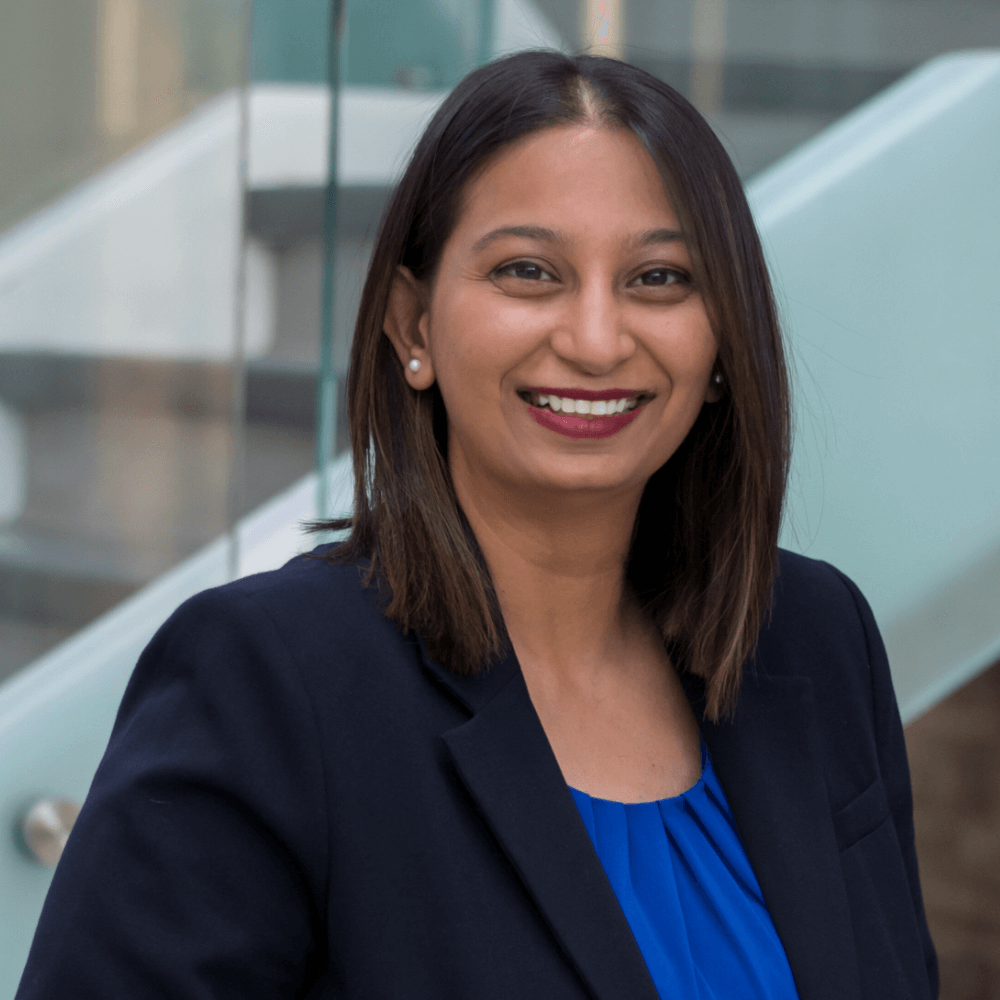
Parshati Patel, PhD
Dr. Parshati Patel is an Astrophysicist, Science Communicator and STEM Education Researcher with an expertise in Public Engagement, Educational Outreach, STEM Education and Science Communication. She received her Hons. B.Sc. in Physics and Astronomy from University of Toronto, and M.Sc. and Ph.D. in Astronomy and Planetary Science & Exploration from Western University. Parshati has been communicating her passion for space science and technology with students and the public for 7+ years in various capacities through outreach initiatives and programs at Western University. She is an Educational Outreach and Communications Specialist at the Institute for Earth and Space Exploration at Western University. At the Institute, she develops and leads space themed classroom workshops, camps, and public events, trains graduate students and educators, engages with the media, produces podcasts, fundraises and manages several outreach initiatives, and develops and coordinates social media and web content. Parshati is an Adjunct Research Professor in the Faculty of Education where she conducts research to understand and gauge the engagement of the participants as well as their outlook on STEM (Science, Technology, Engineering and Mathematics) careers and interest in STEM fields. Parshati is passionate about highlighting and uplifting women in STEM. Parshati co-founded Women of Color in STEAMM (Science, Technology, Engineering, Arts, Mathematics and Medicine) – Canada in 2018. Since June 2019, Parshati has been part of the Principal Scientific Adviser’s Consultative Group to the Government of India. Parshati recently fell in love with night sky photography and she oftens uses her photograph to start conversations about light pollution and our place in space.
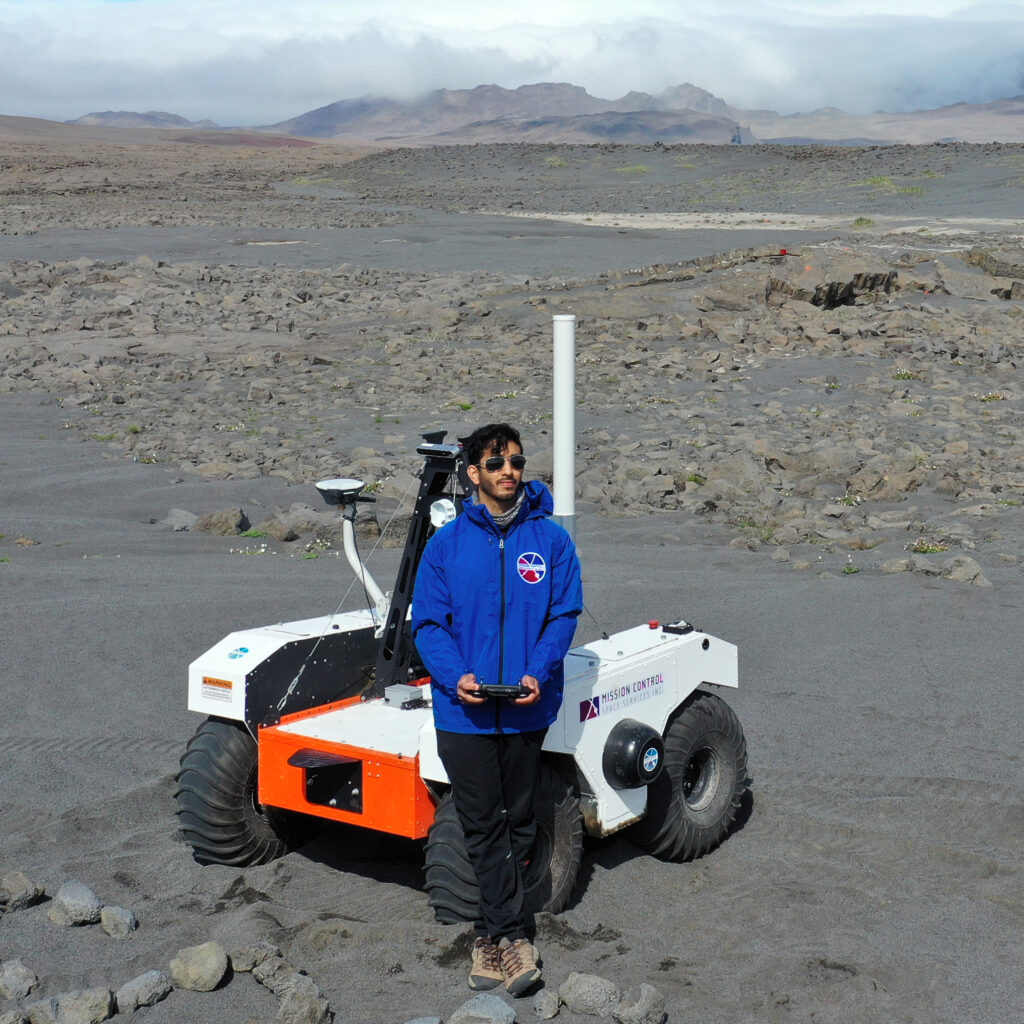
Kaizad Raimalwala
Kaizad works in product and business development at Mission Control, which includes several technical activities such as systems engineering, mission concept development and feasibility analysis for robotics systems, and customer-driven UI/UX design. Kaizad joined Mission Control in 2016 as a robotics engineer, contributing to the development and analog field testing of advanced technologies in perception, path planning, power modeling, and mission operations for planetary rovers, while also supporting other activities such as mission design, systems engineering, and STEM education through Mission Control Academy.
Kaizad has 6+ years of industry and graduate-level experience in the design, build, and test of robotics technologies for planetary applications. He has Bachelor’s and Master’s degrees in aerospace engineering from Purdue University and the University of Toronto (UTIAS). At UTIAS, Kaizad studied the feasibility of transfer learning for learning dynamics models across robotic platforms such as manipulators and wheeled robots. His previous experience includes 6 years of service at SEDS (Students for the Exploration and Development of Space) national organizations, including Vice-Chair at SEDS-USA, followed by re-starting and leading SEDS-Canada as Chair and Chief of Staff, and co-founding SEDS programs such as CAN-RGX.
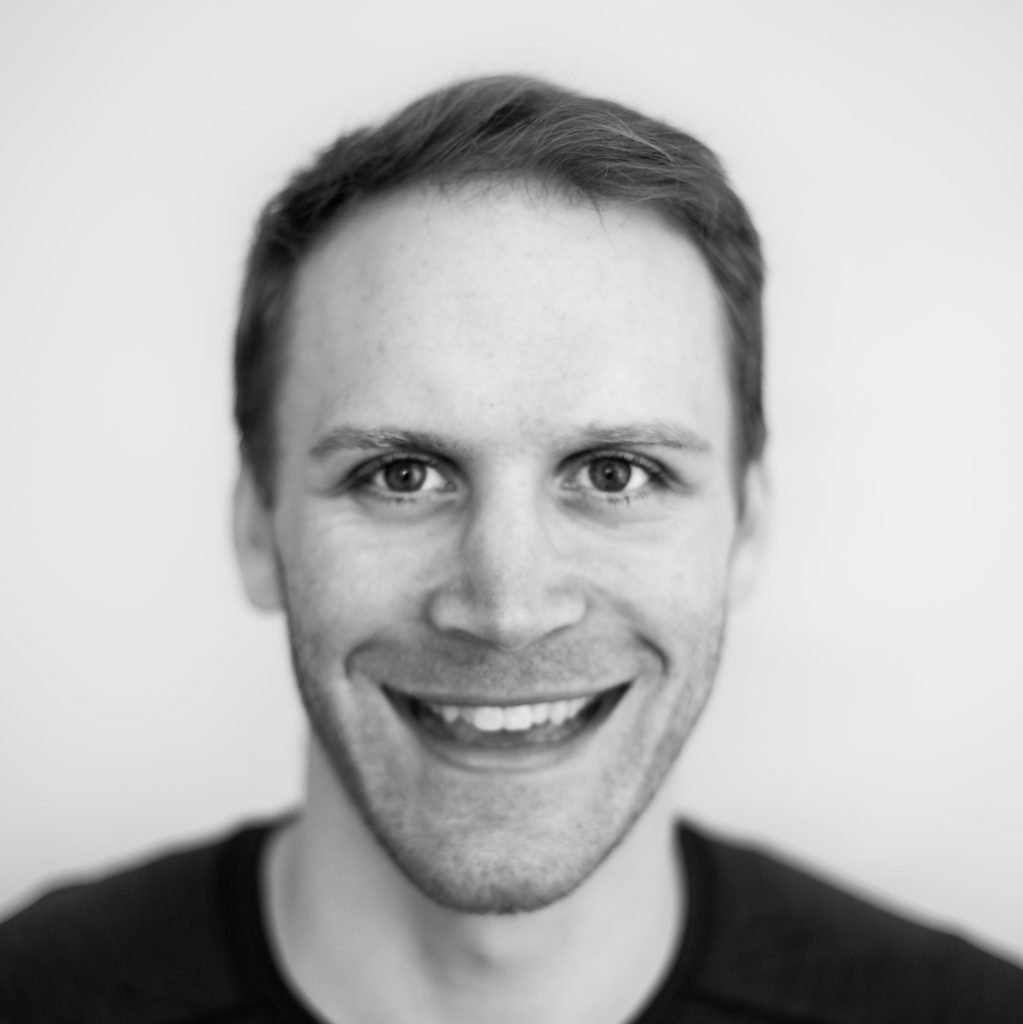
Clinton Senkow
Clinton is the Co-founder & COO of Influencive which is an online media platform that teaches and inspires millions of people around the world about entrepreneurship, success, and technology. He’s the CEO of Senkow Ventures which is a digital consultancy focused on growing businesses through the power of partnerships. He is a writer on Forbes.com and is a member of the Forbes Business Development Council while also receiving the honor of being a top G20 Young Entrepreneurs Alliance member representing Canada.
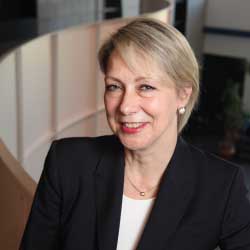
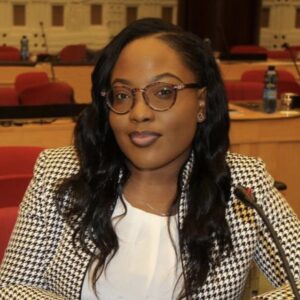
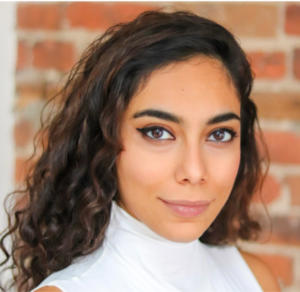
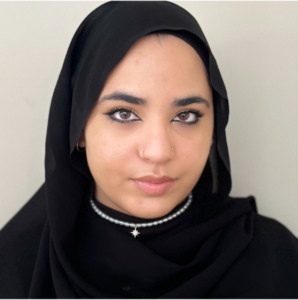
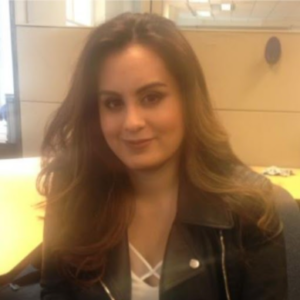
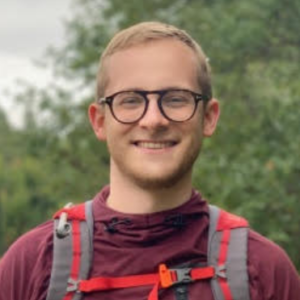
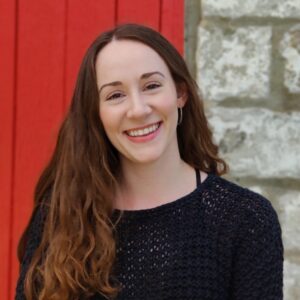
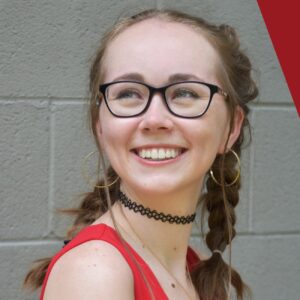
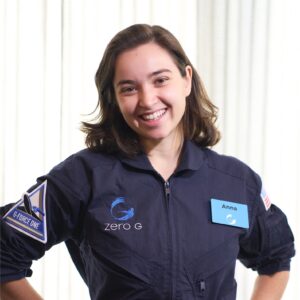
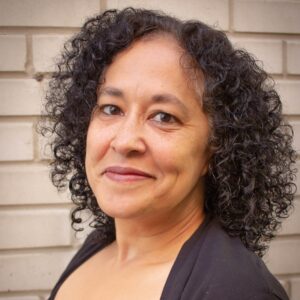
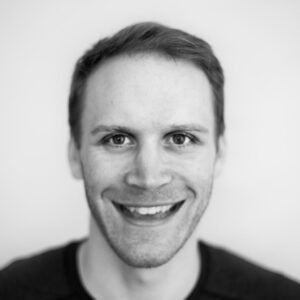
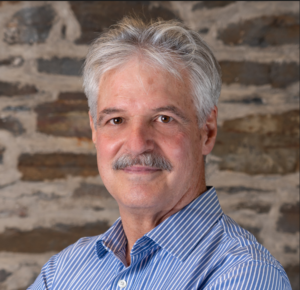
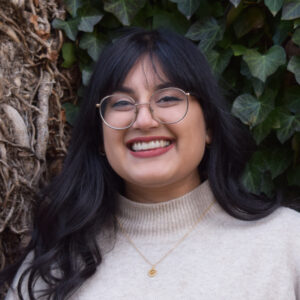
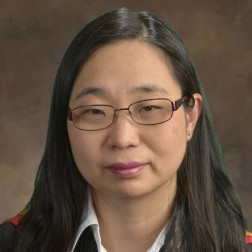
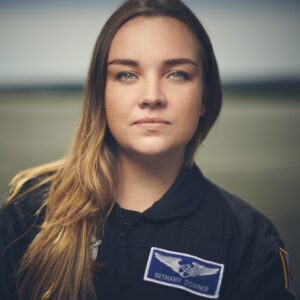
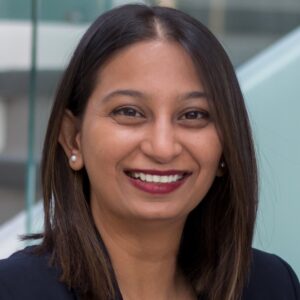
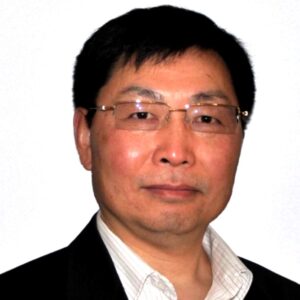
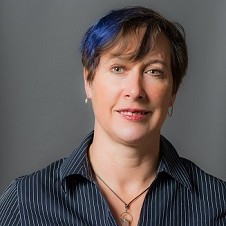
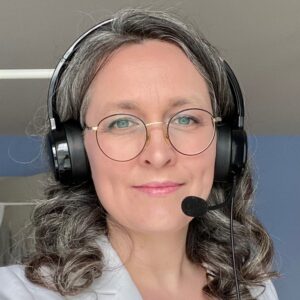
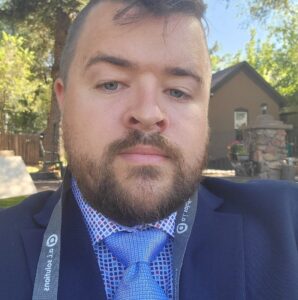
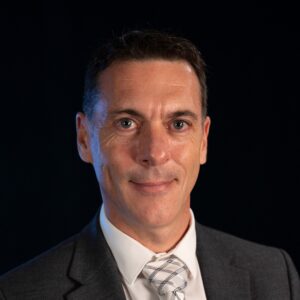
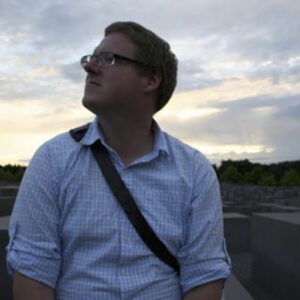

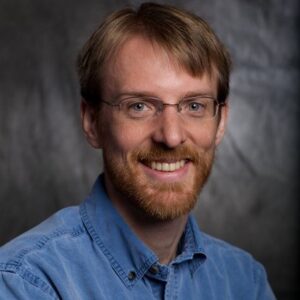
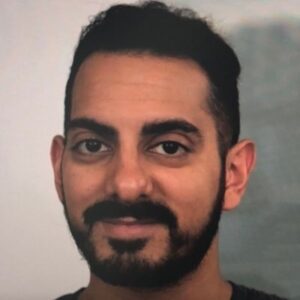
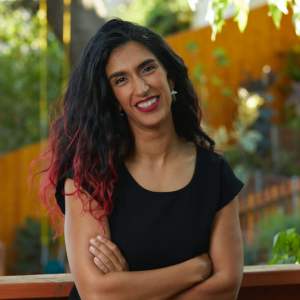
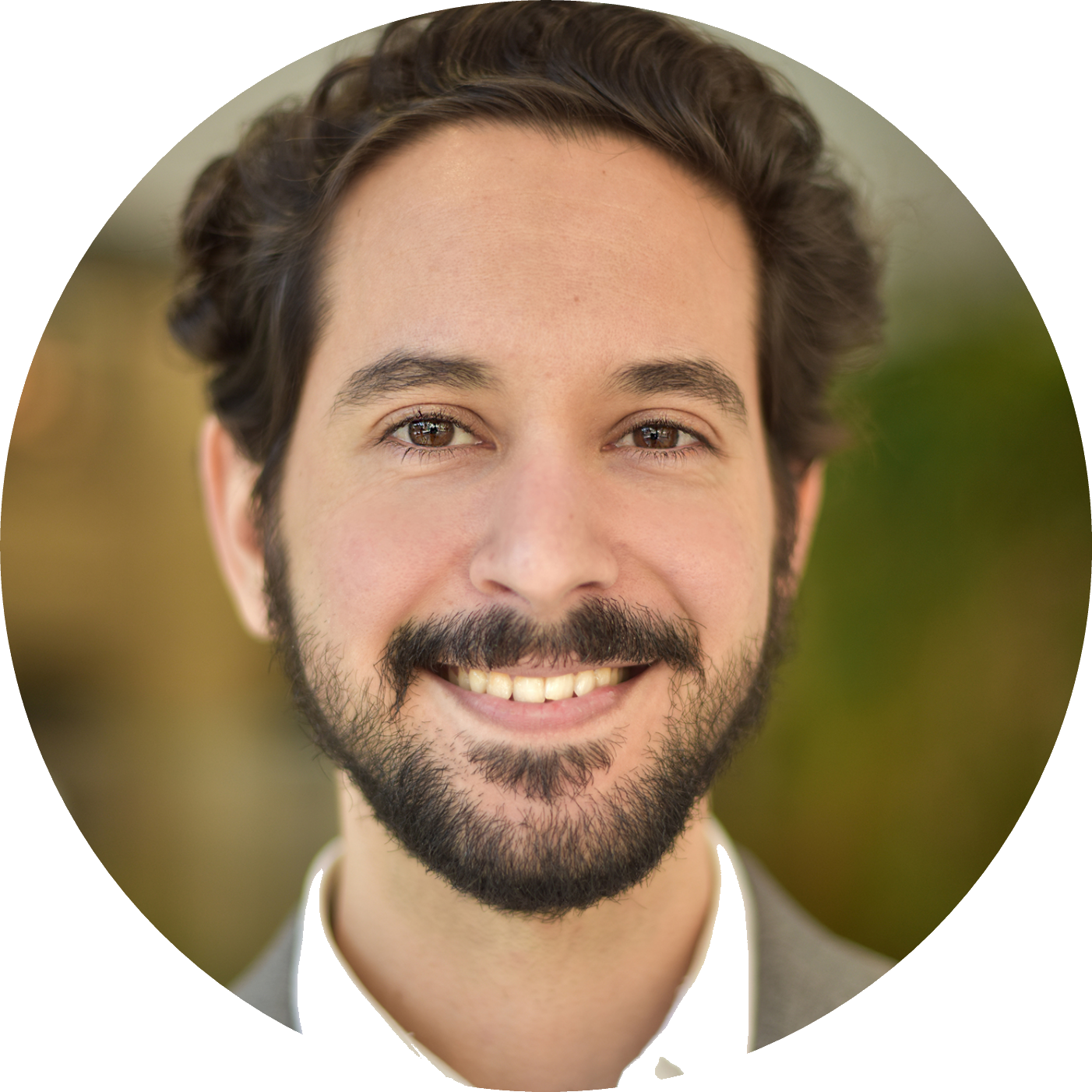
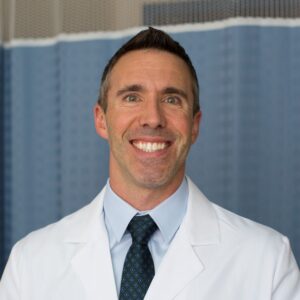
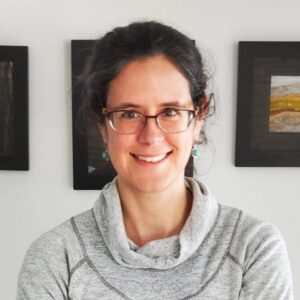
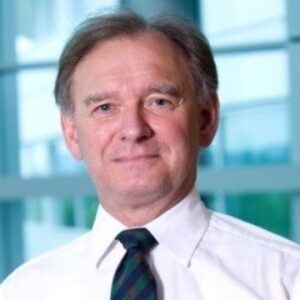
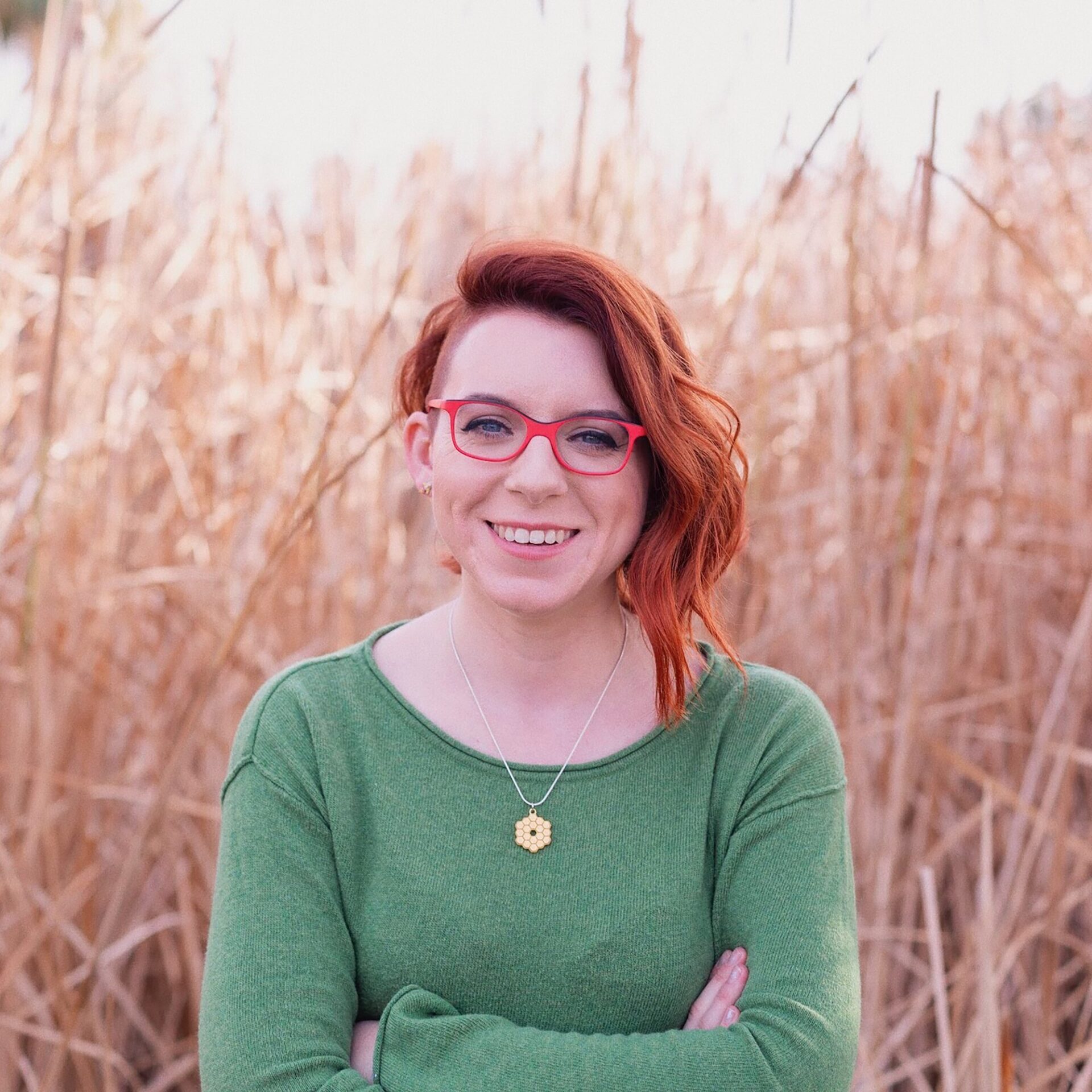
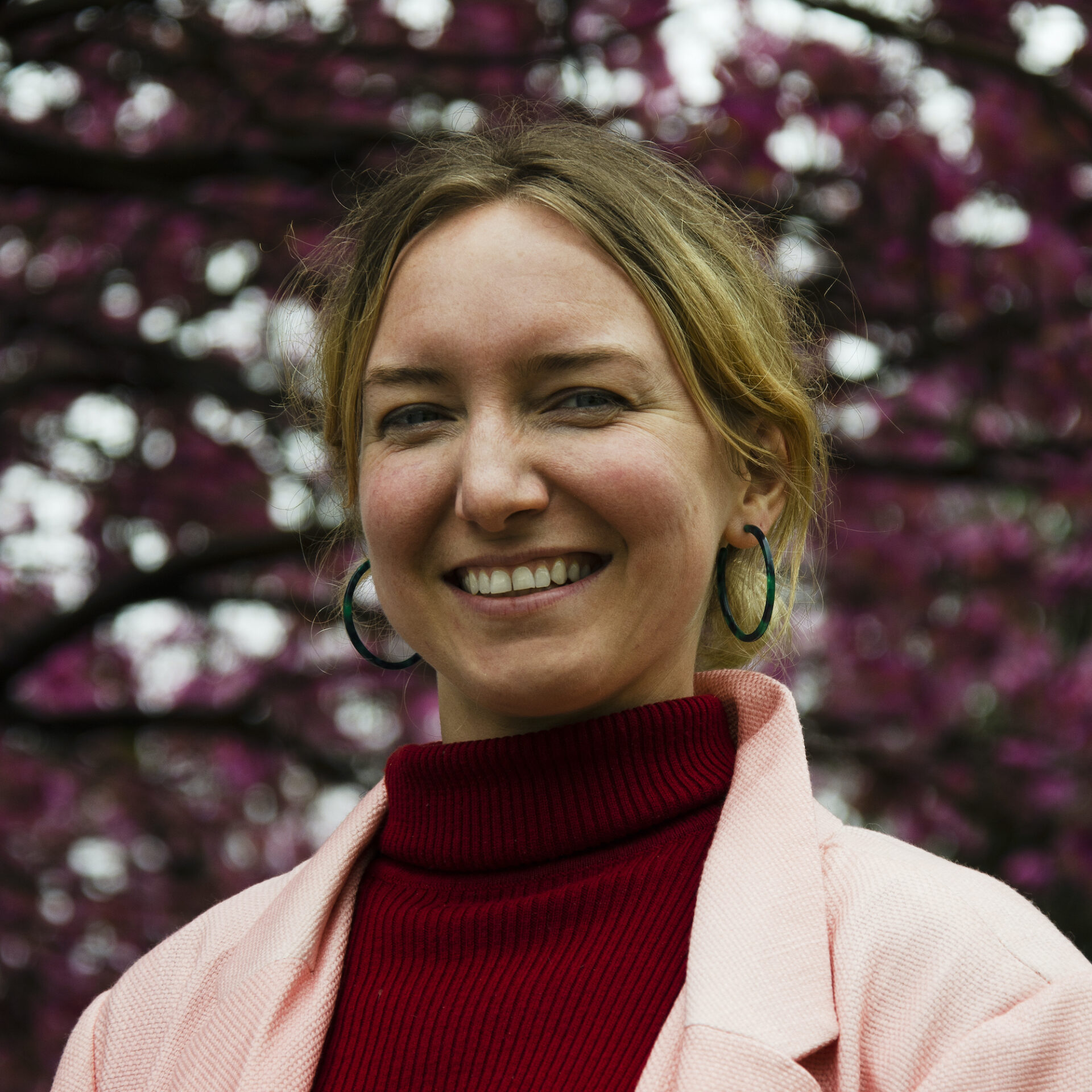
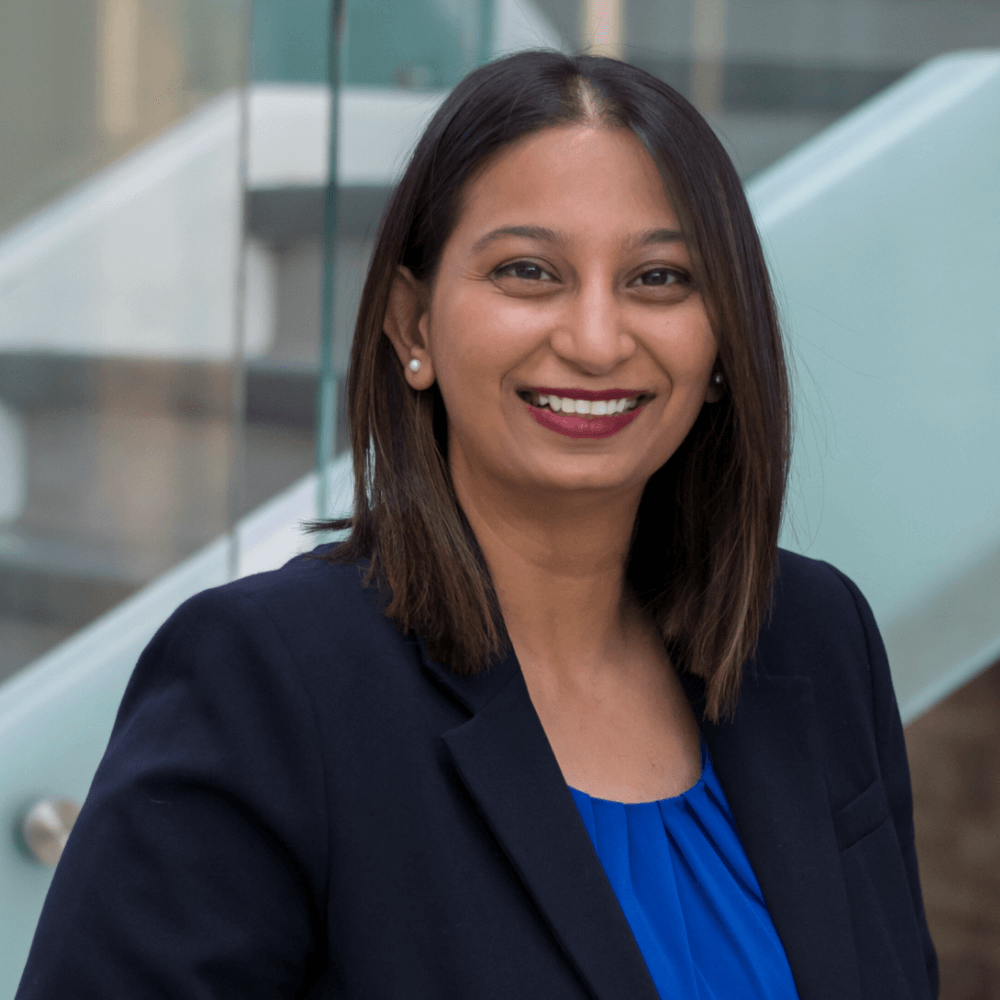
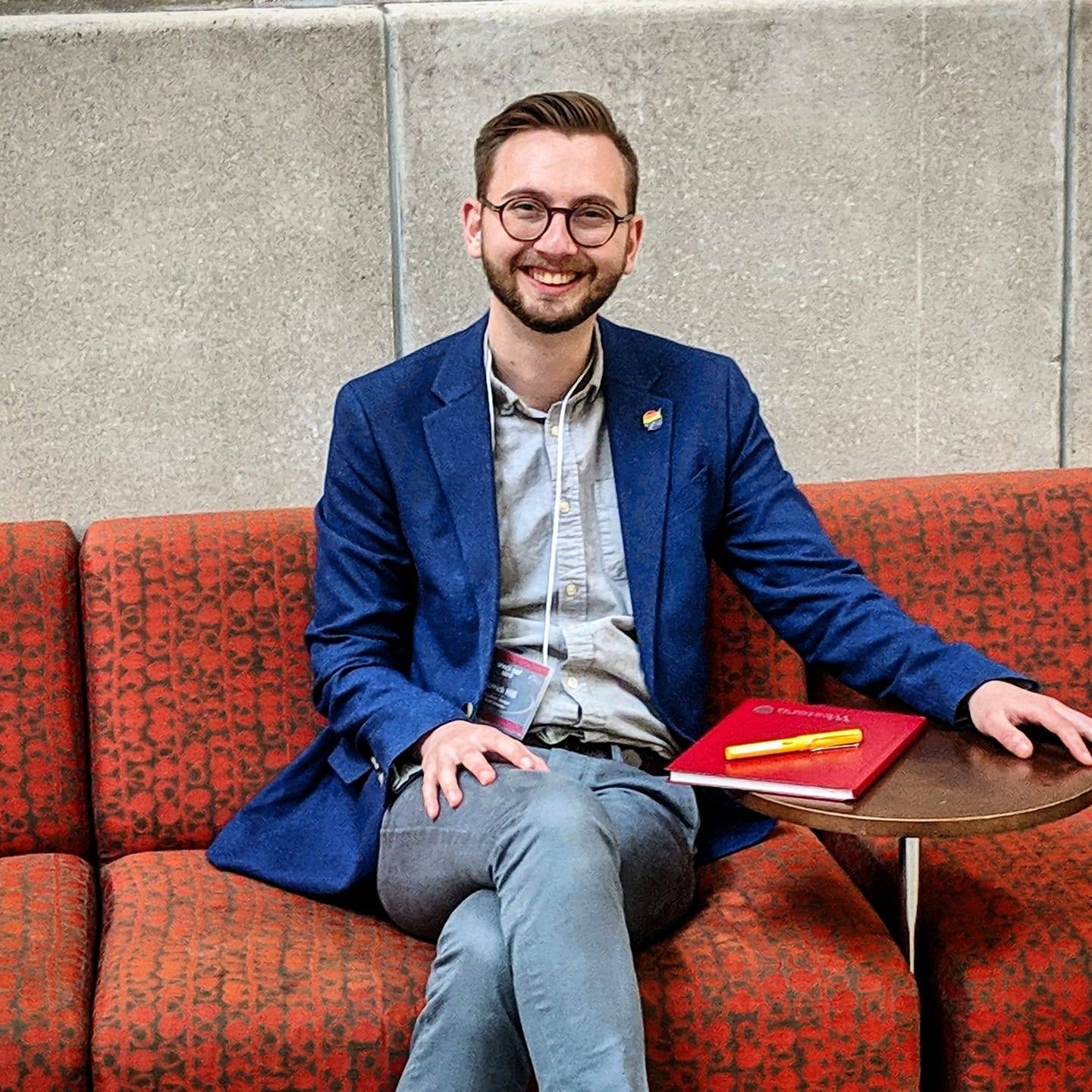
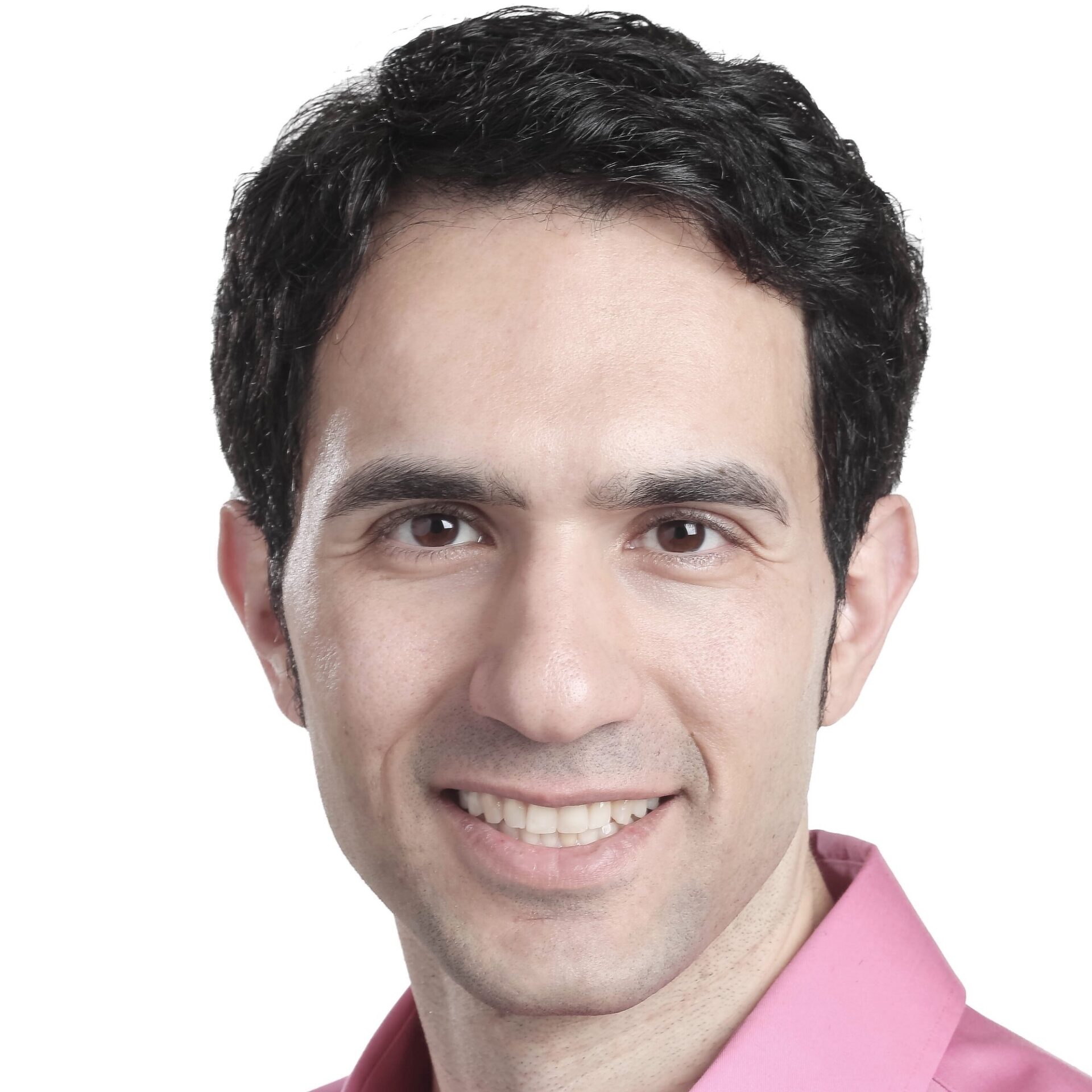
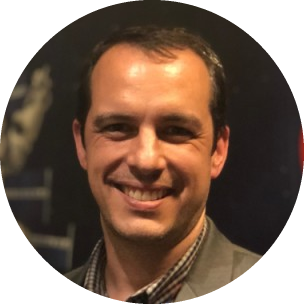
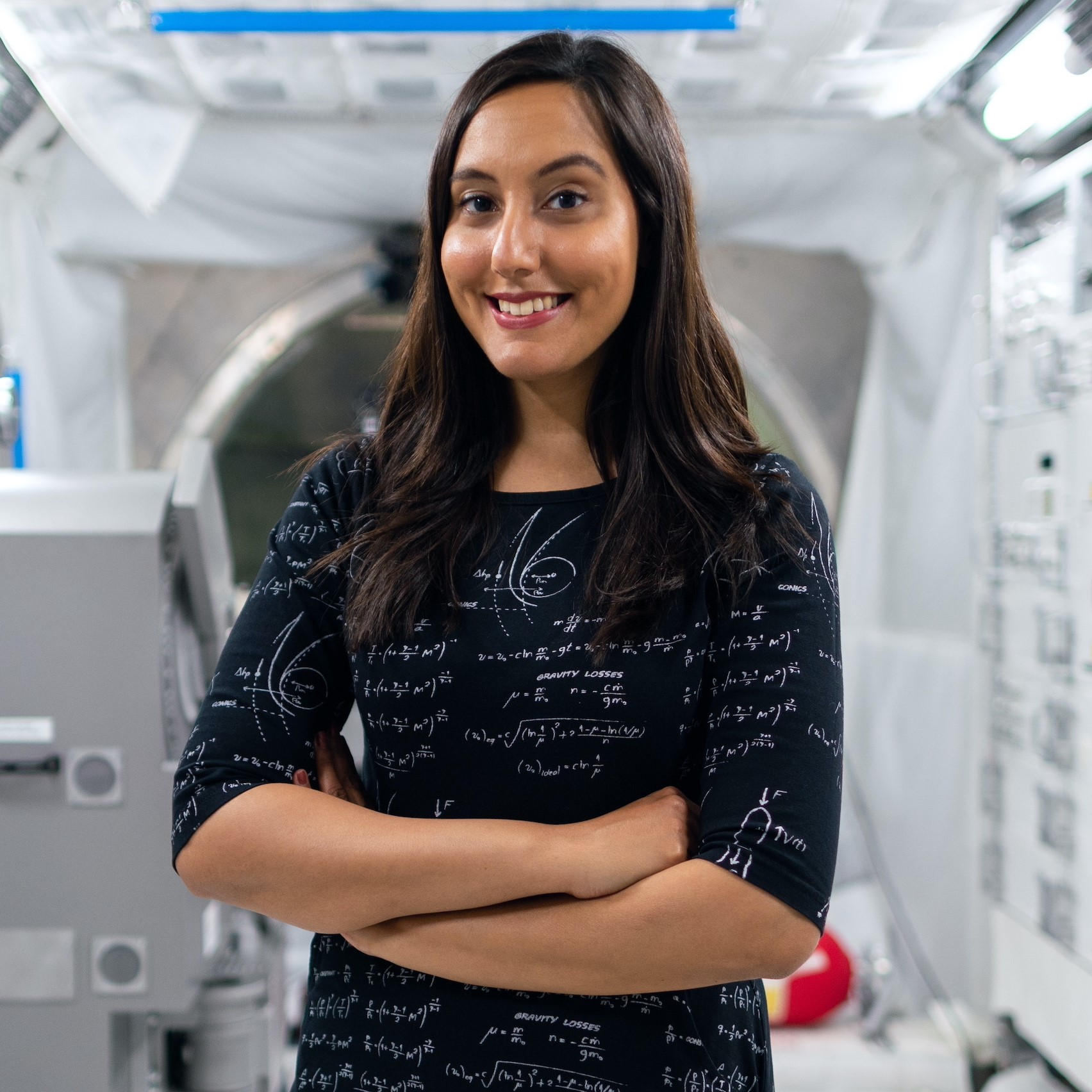
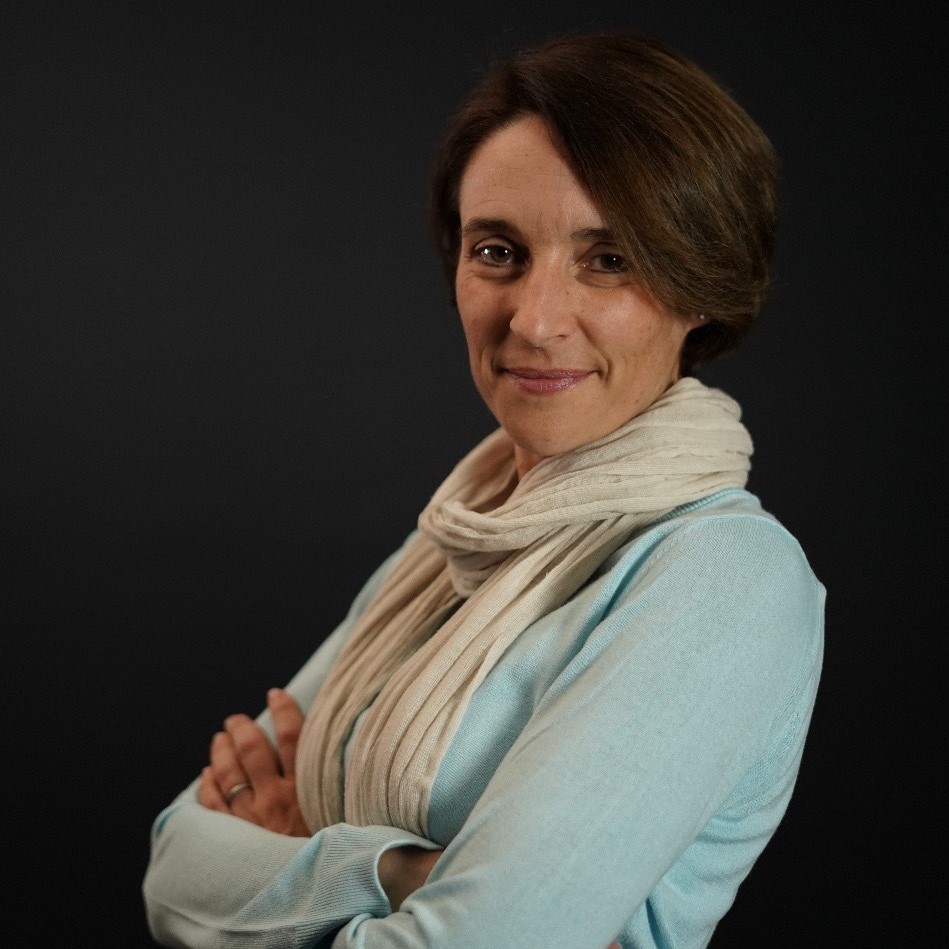
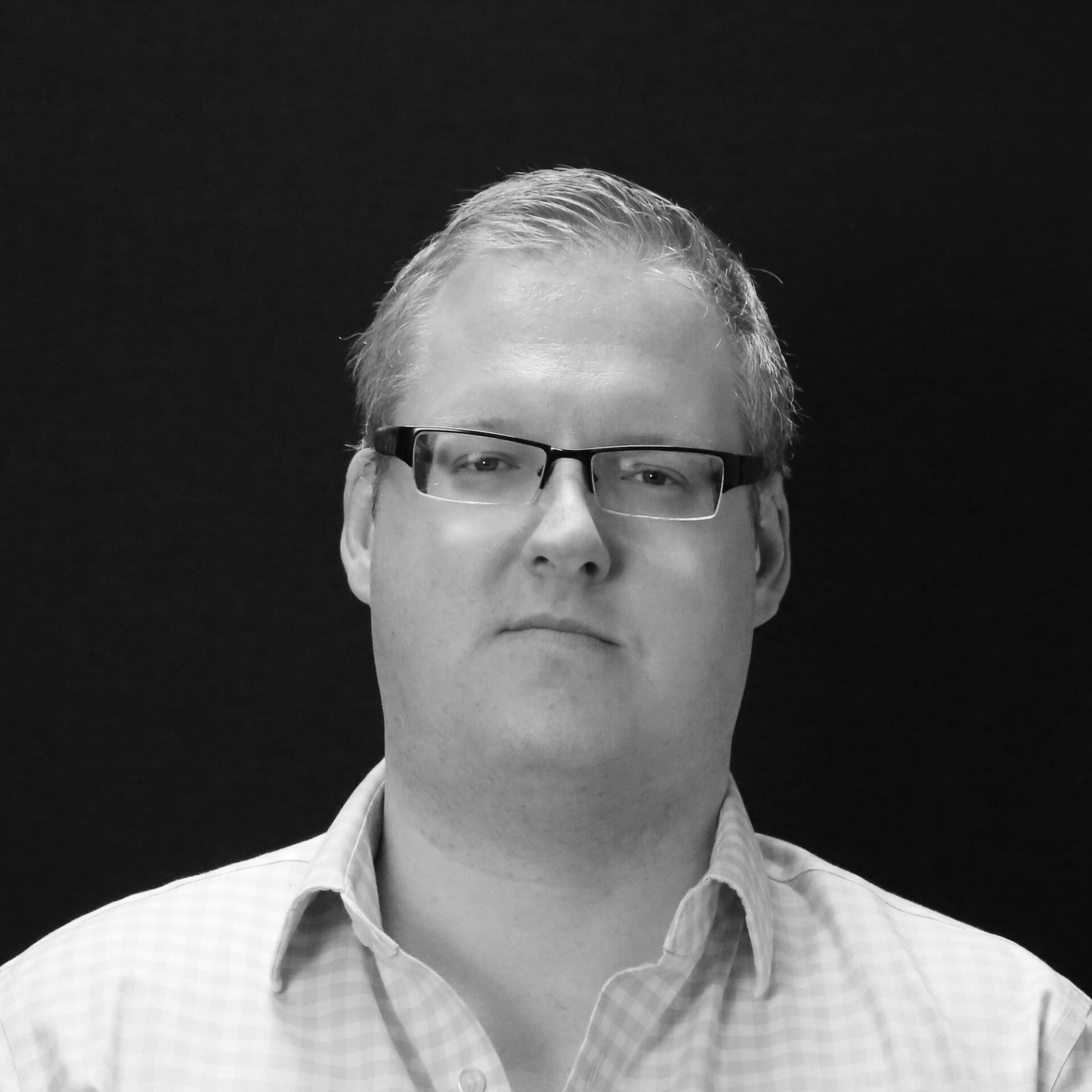
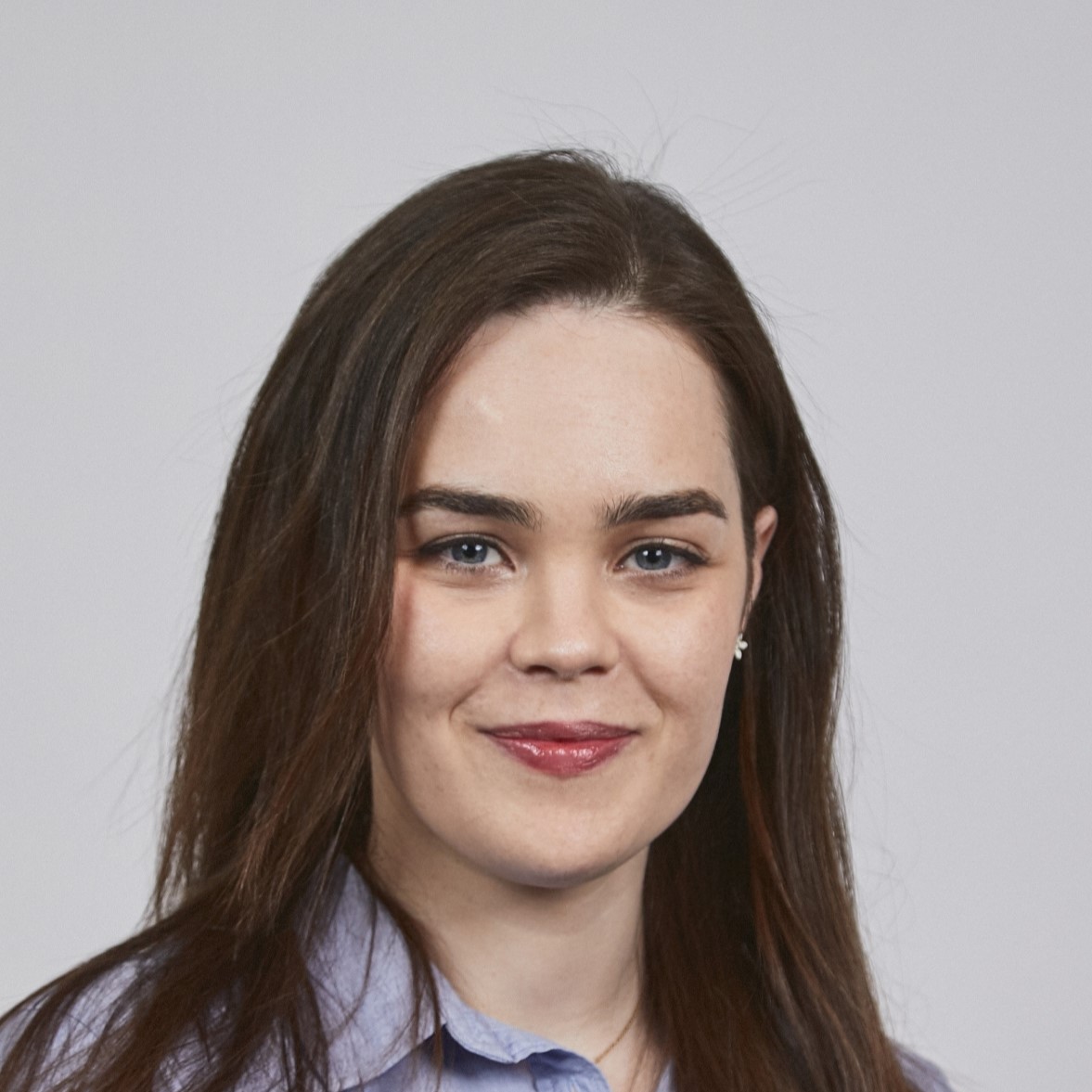
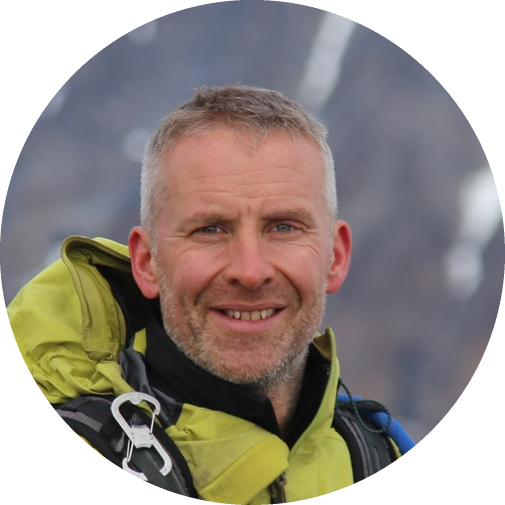
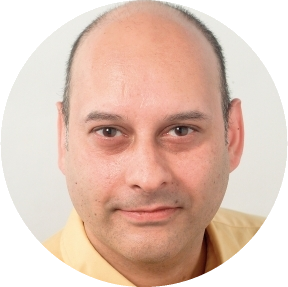
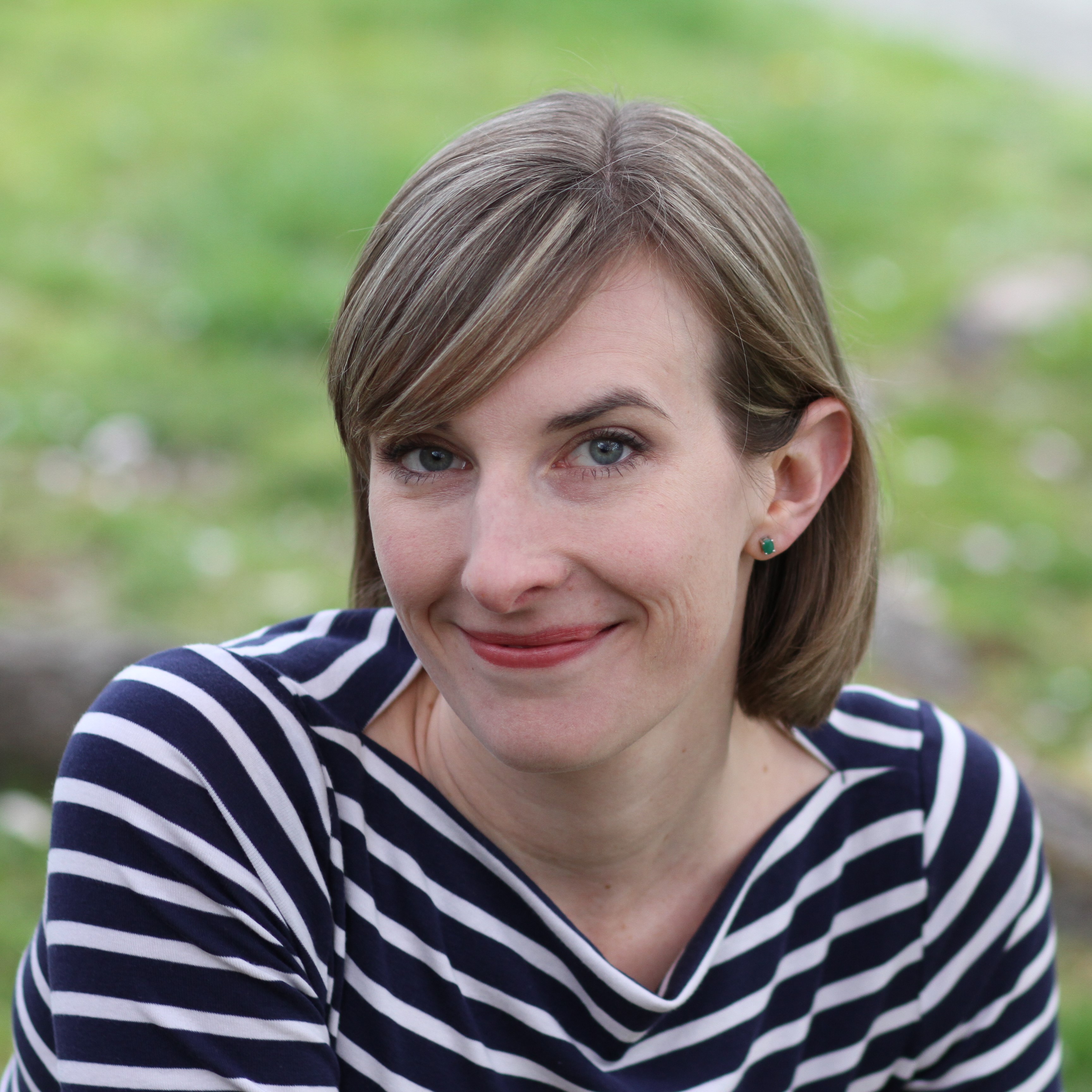
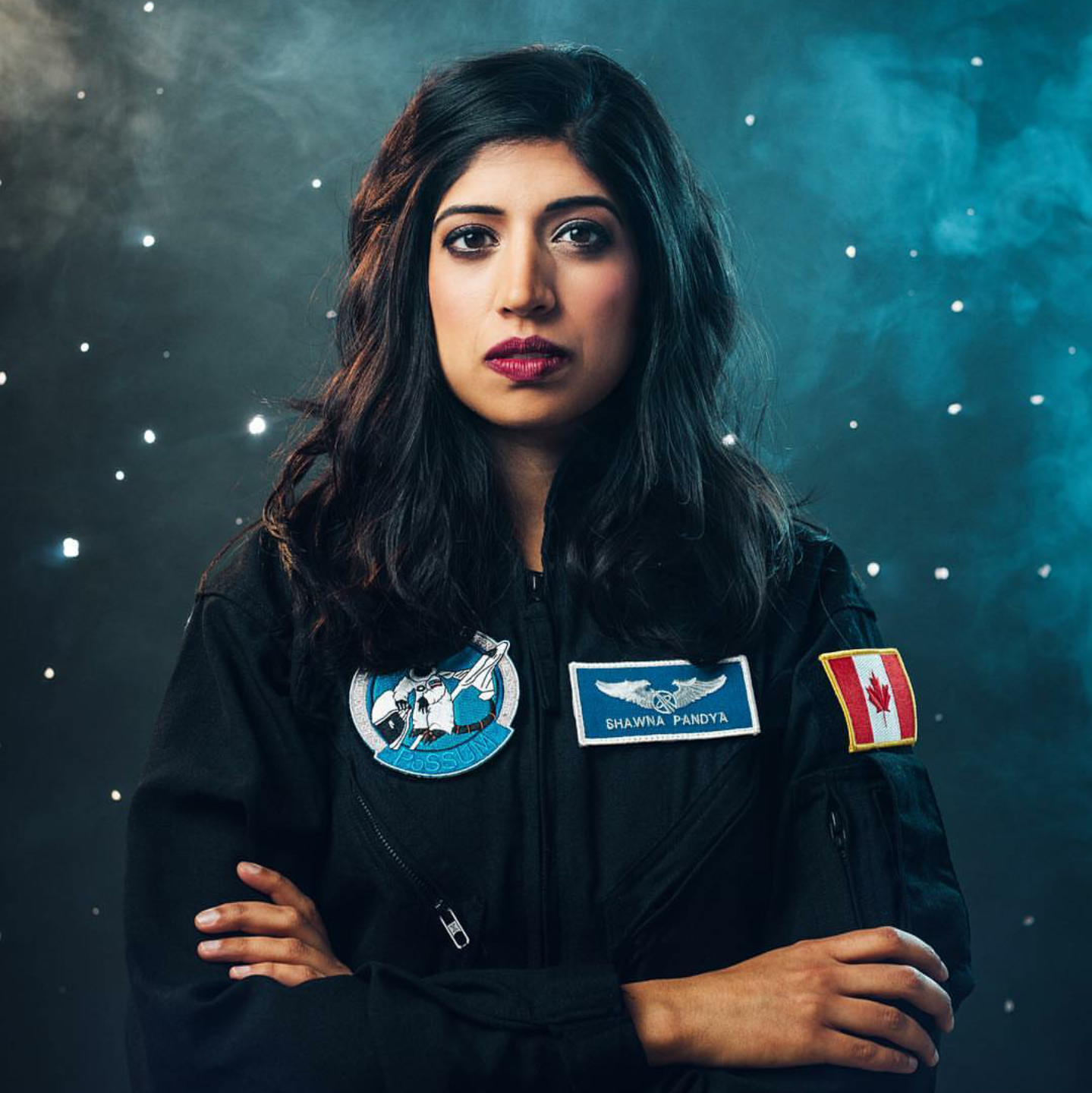
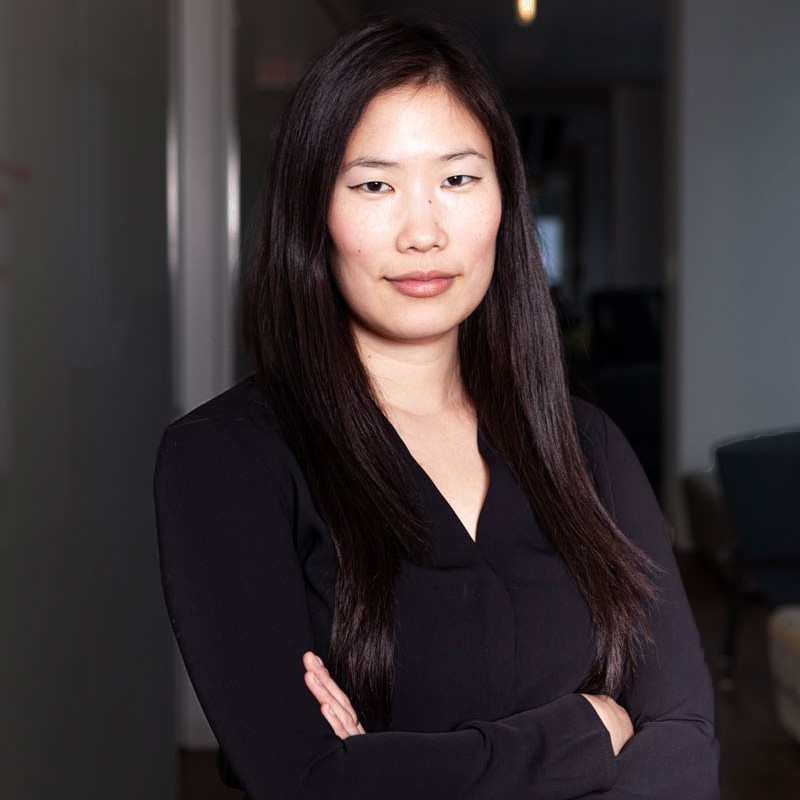
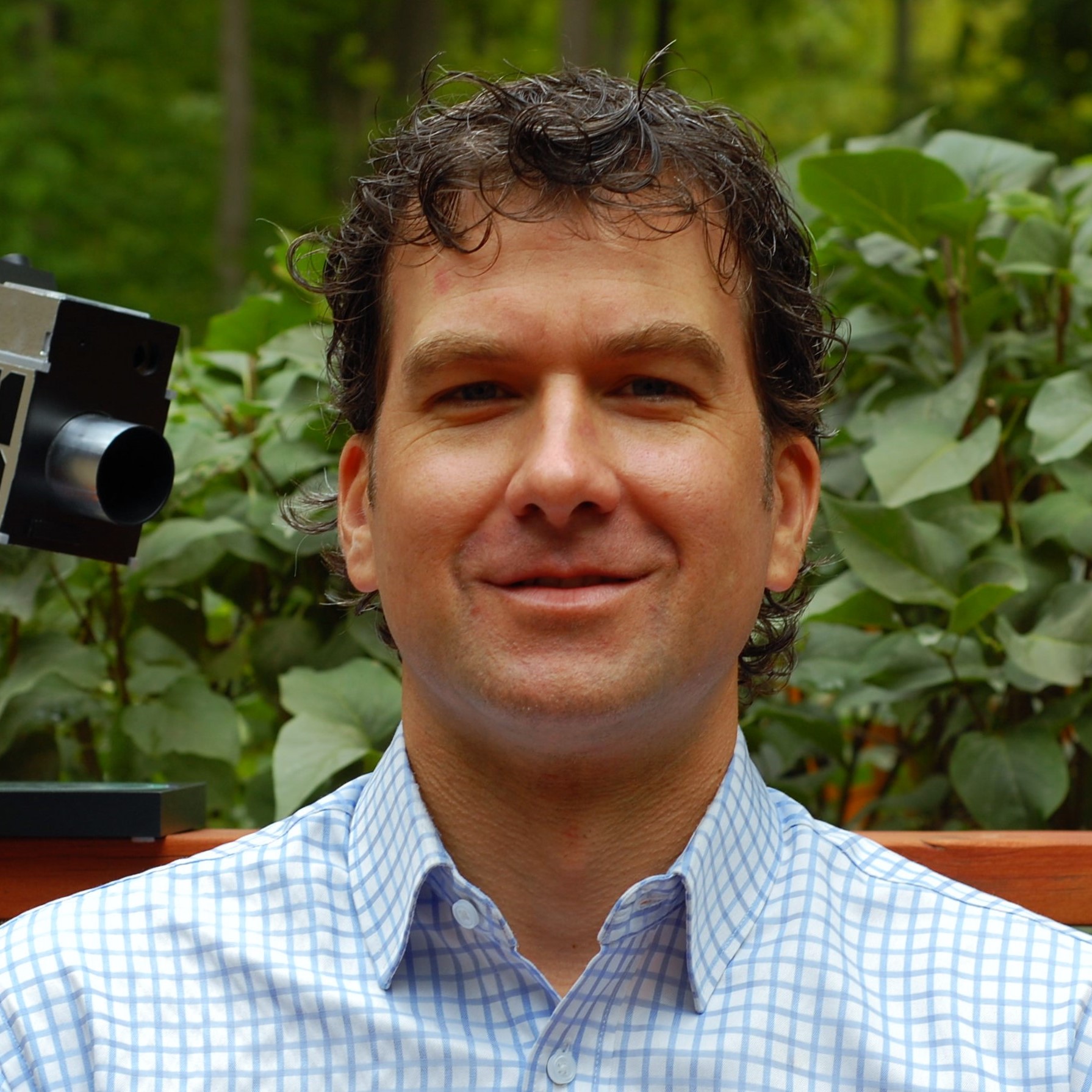
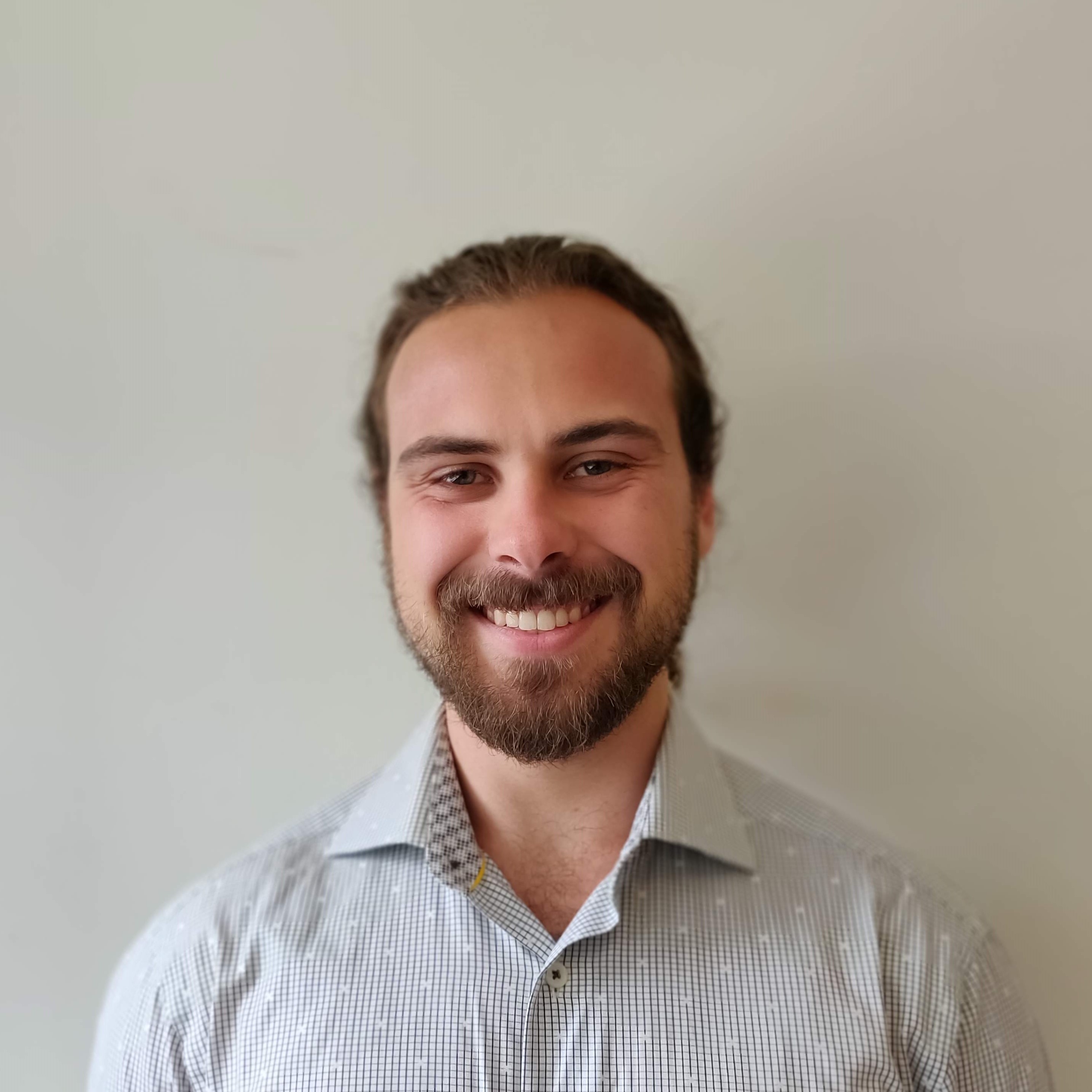
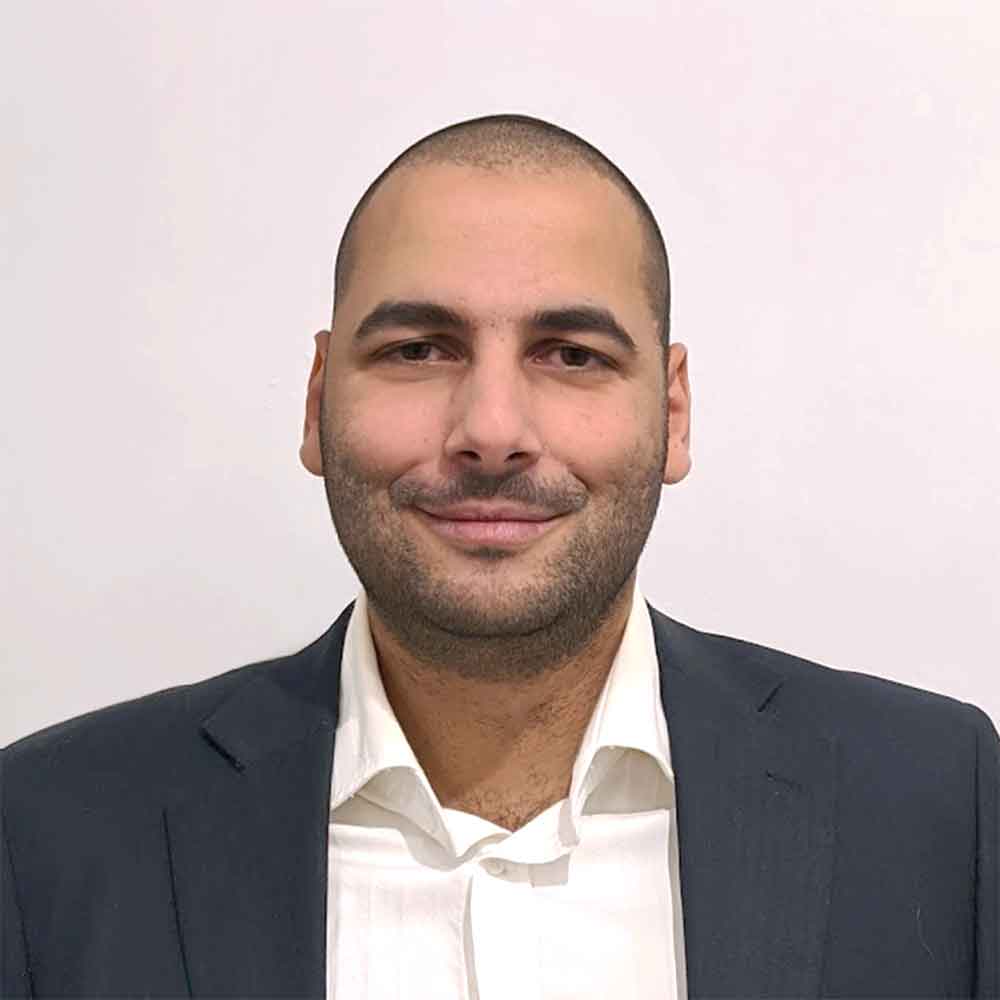
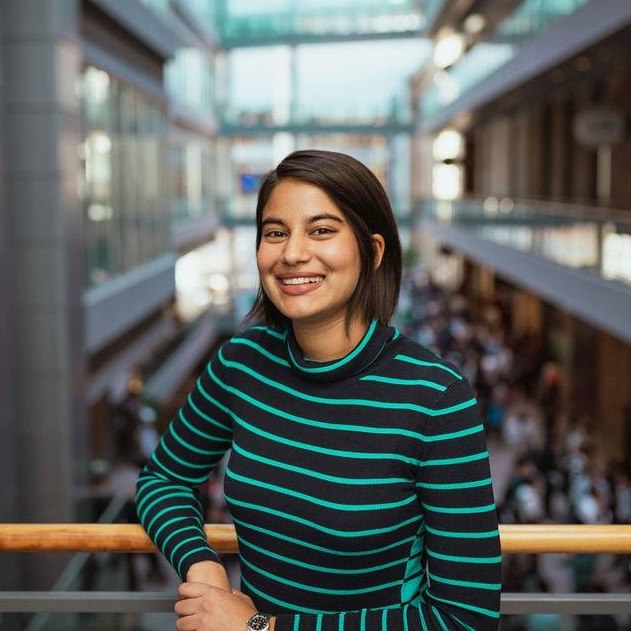
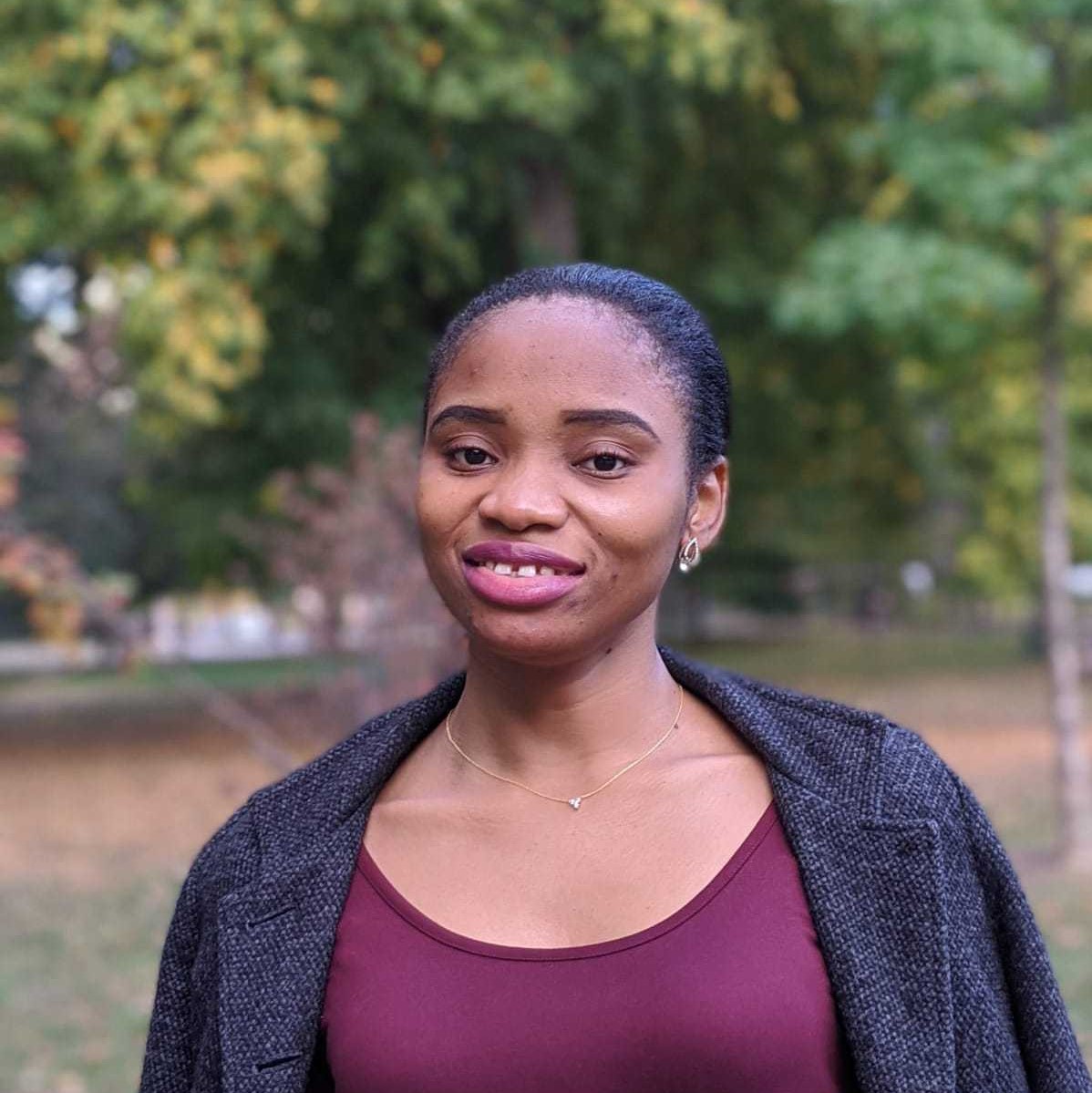
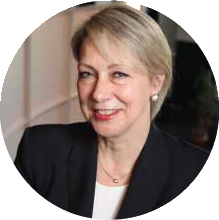
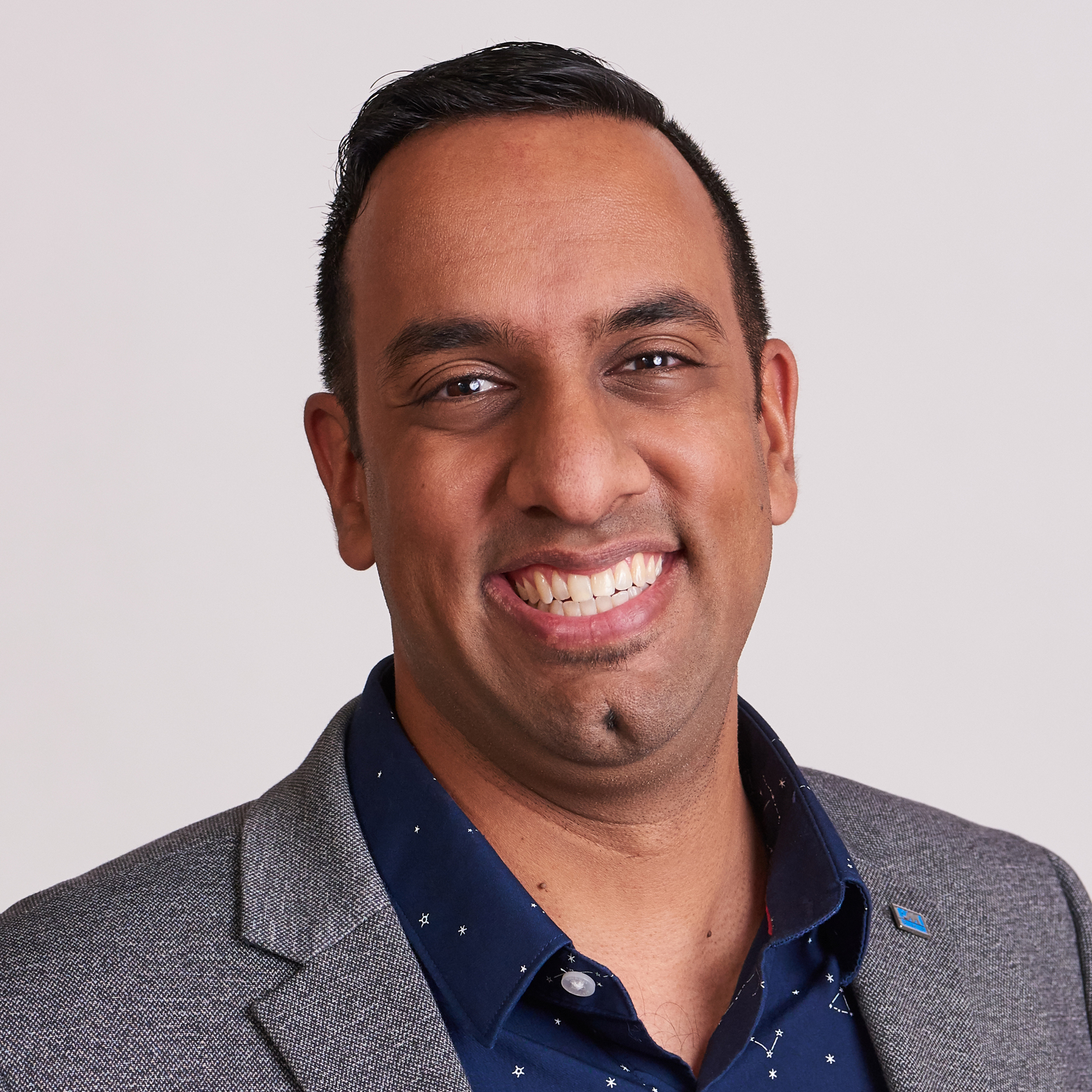
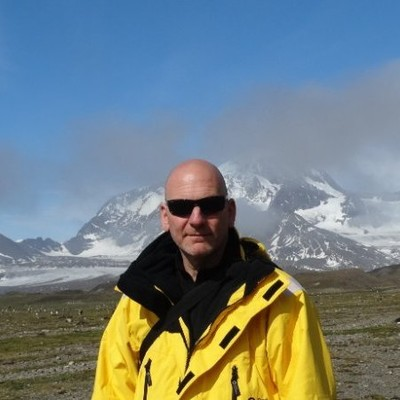
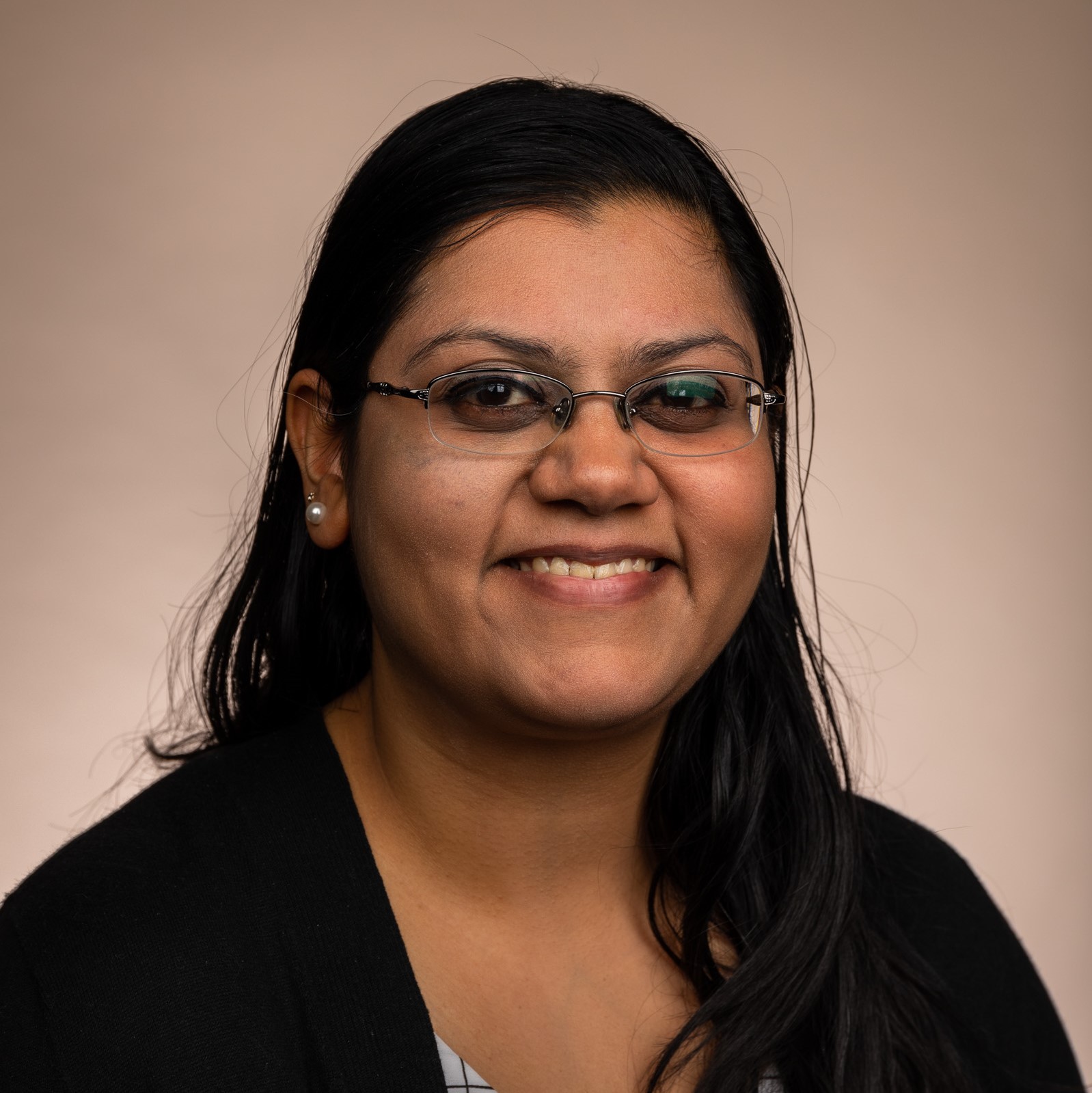

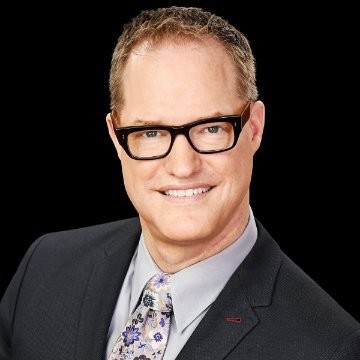
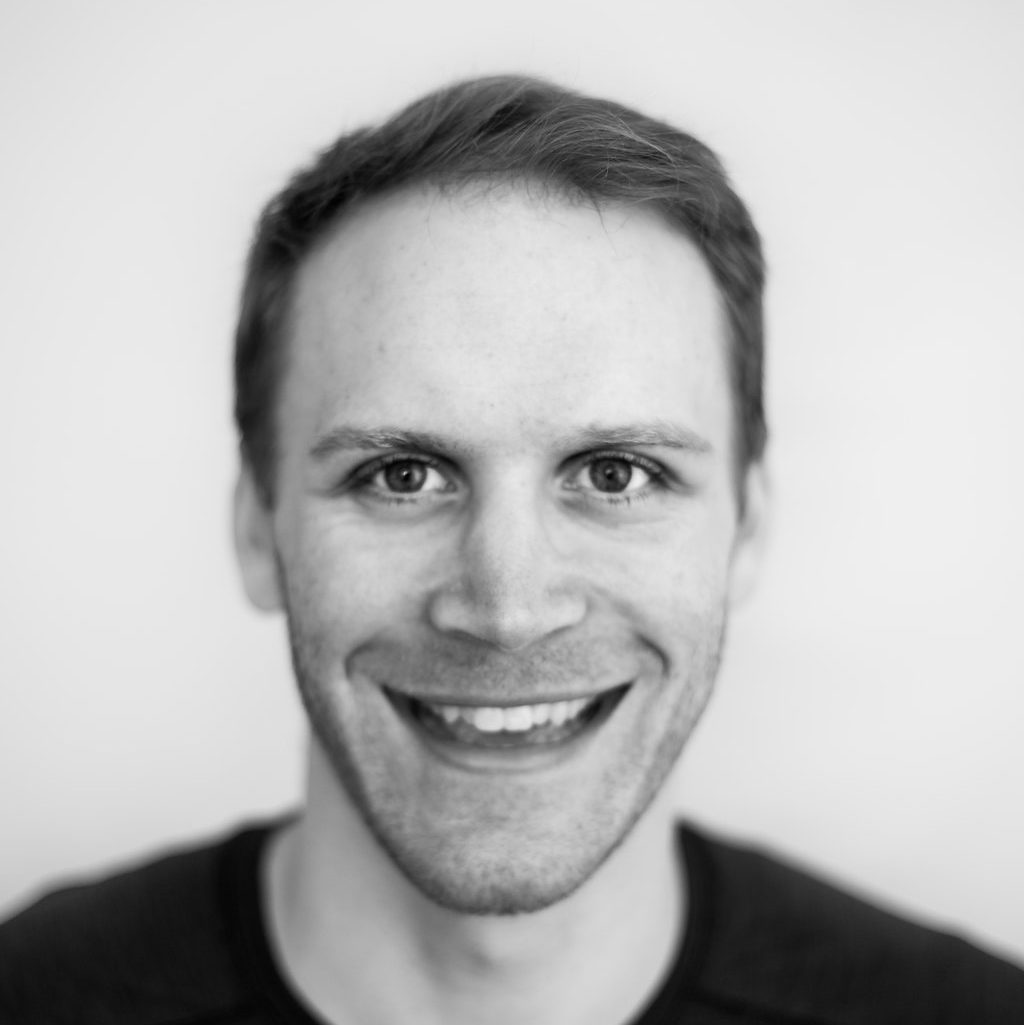
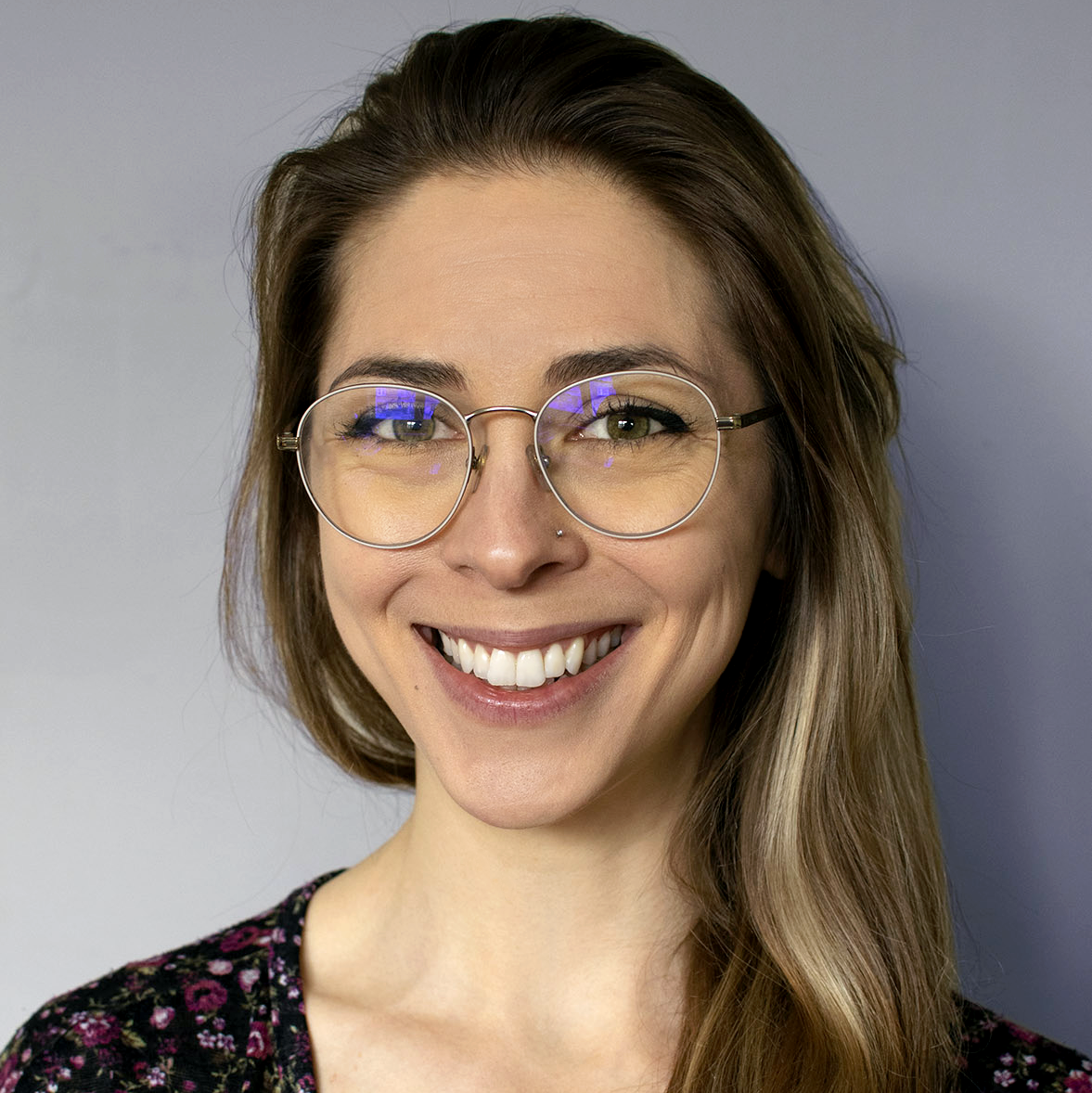

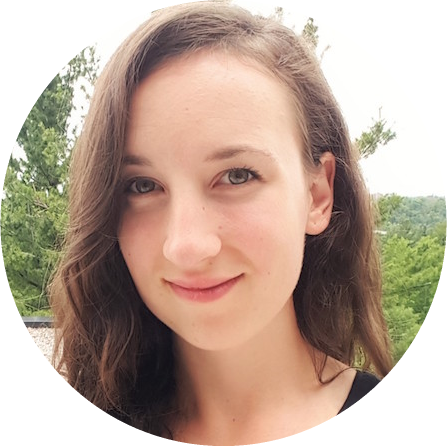
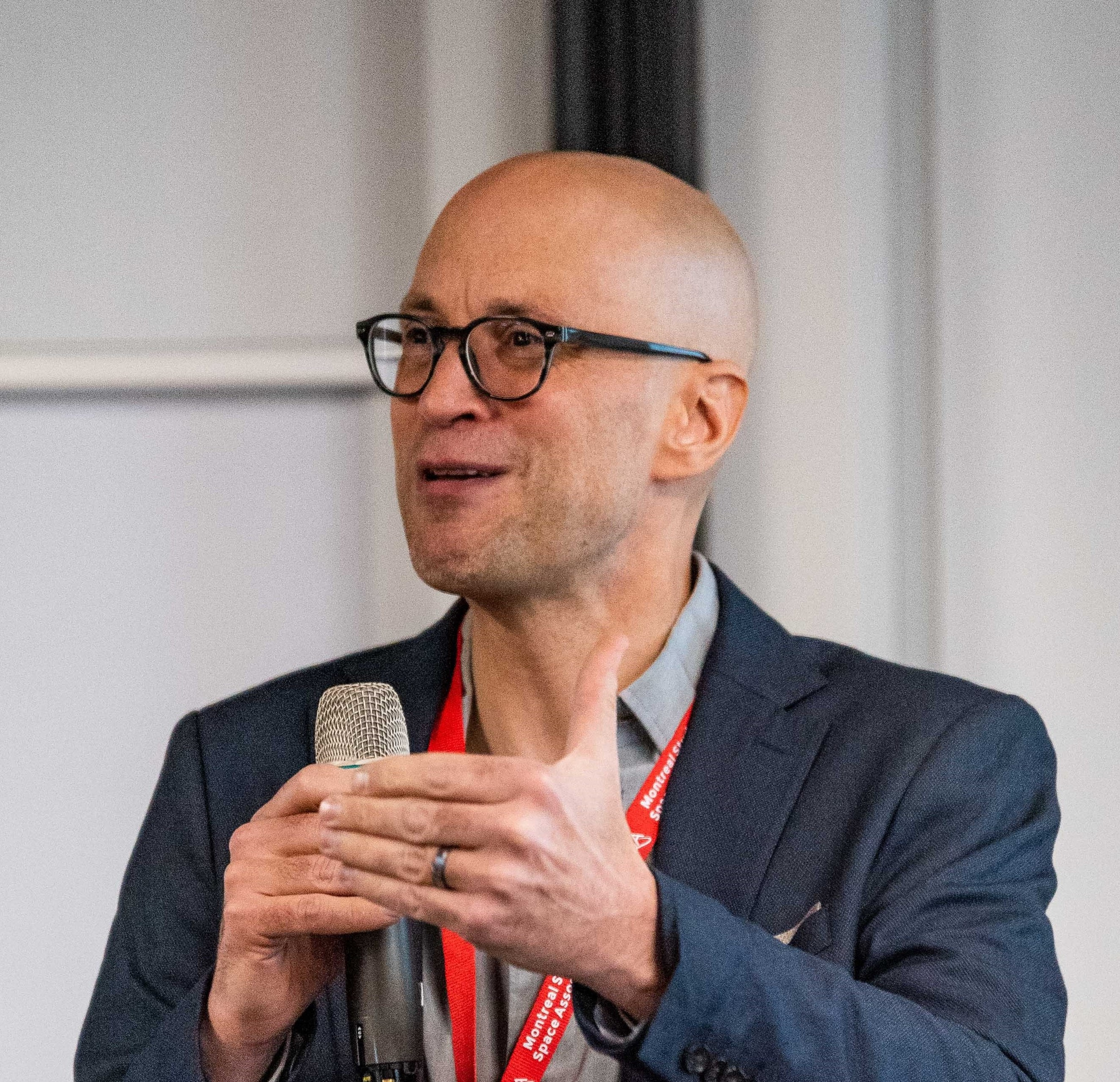 Associate Professor
Associate Professor